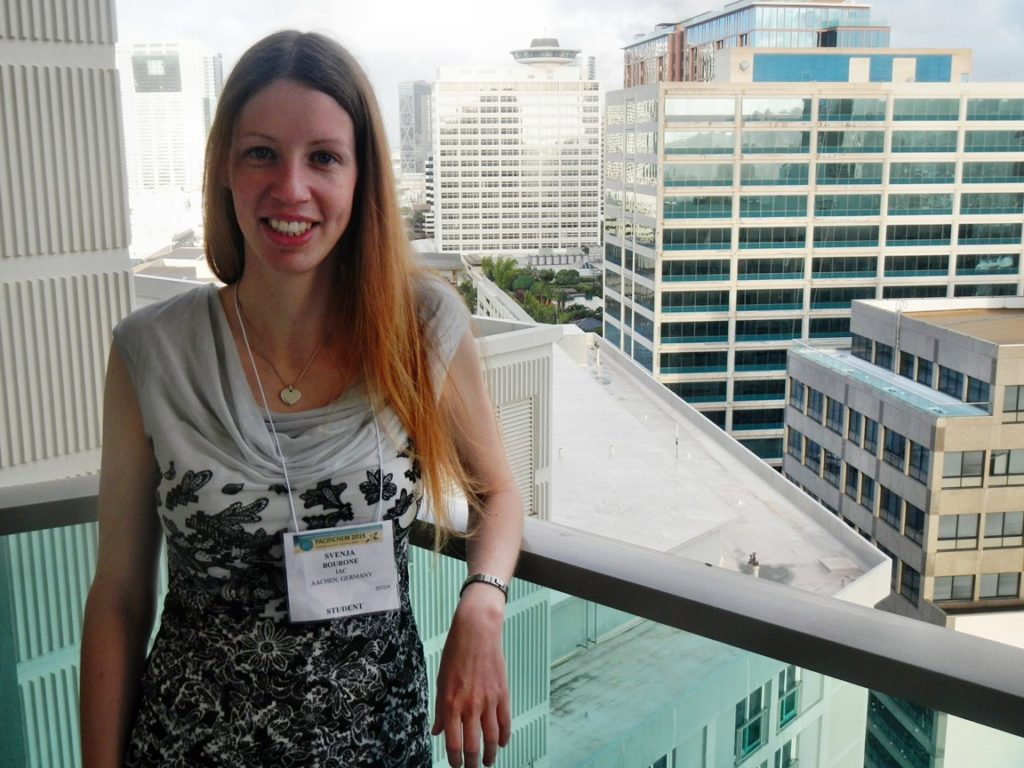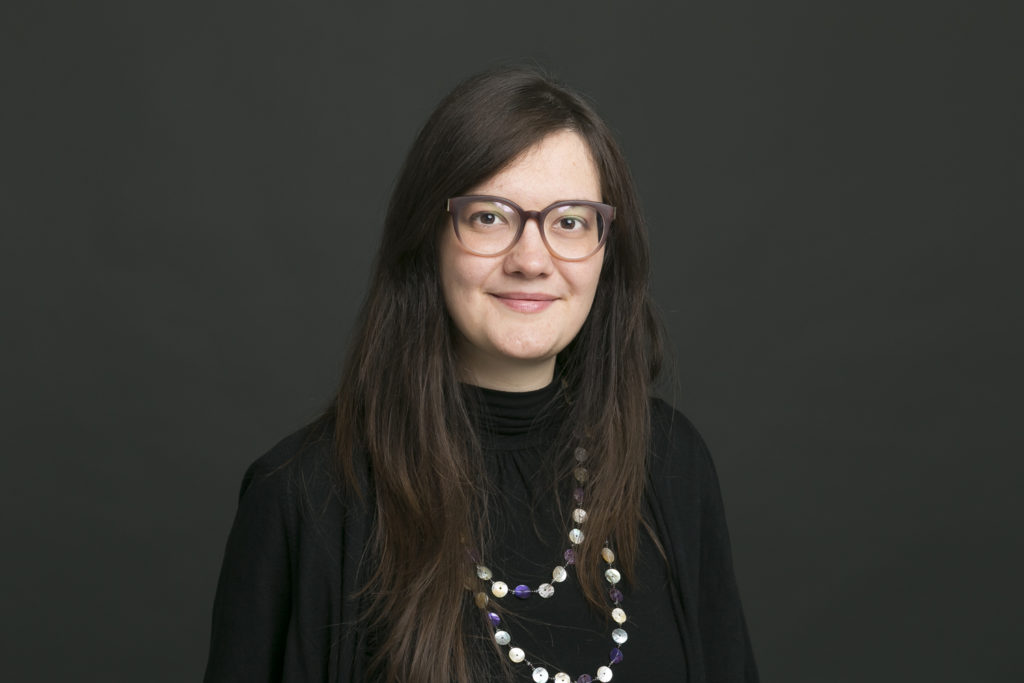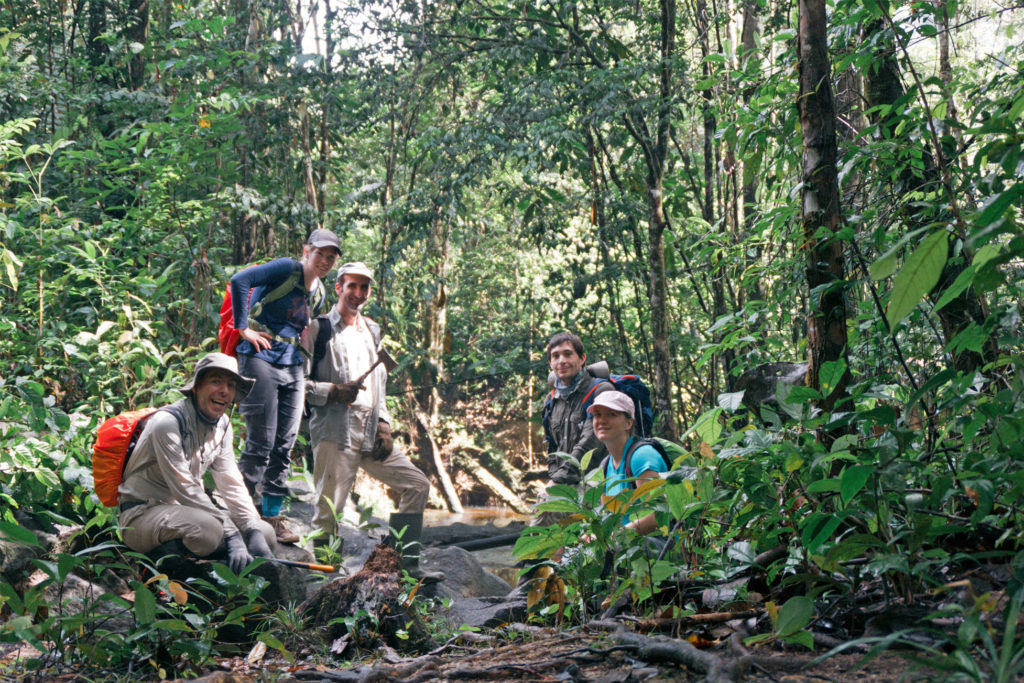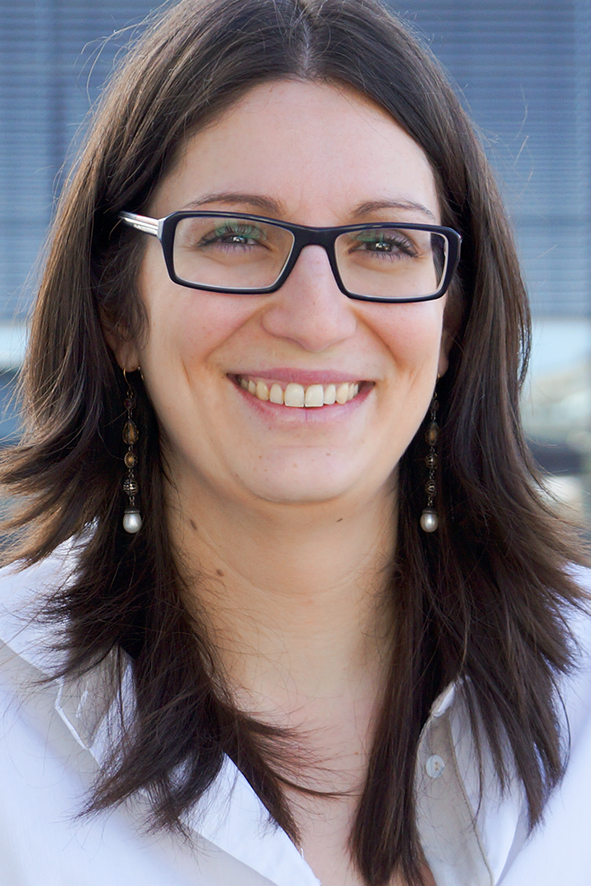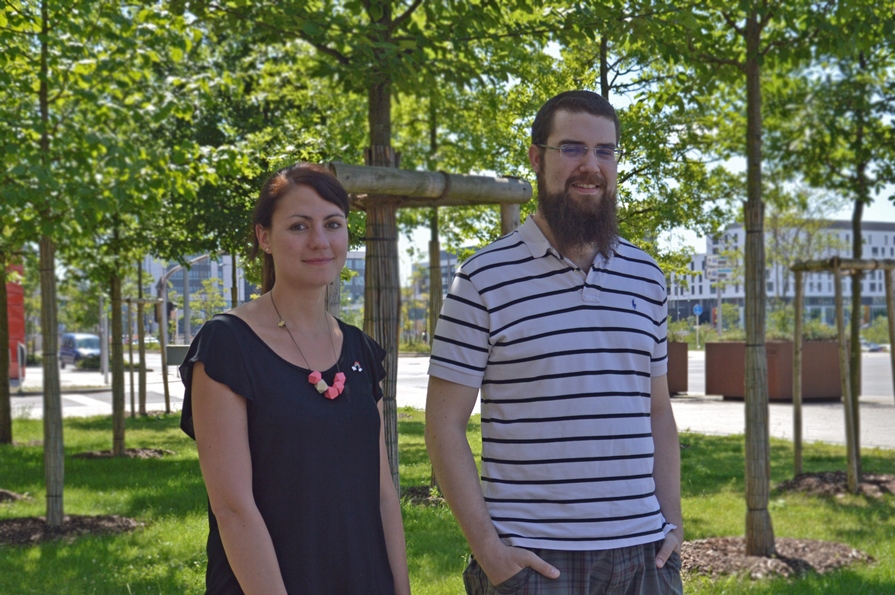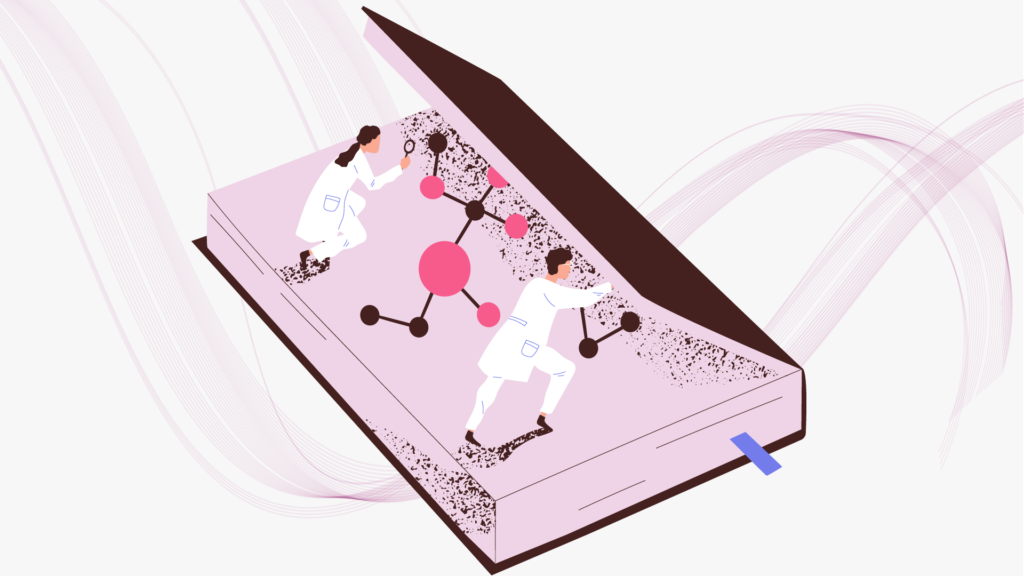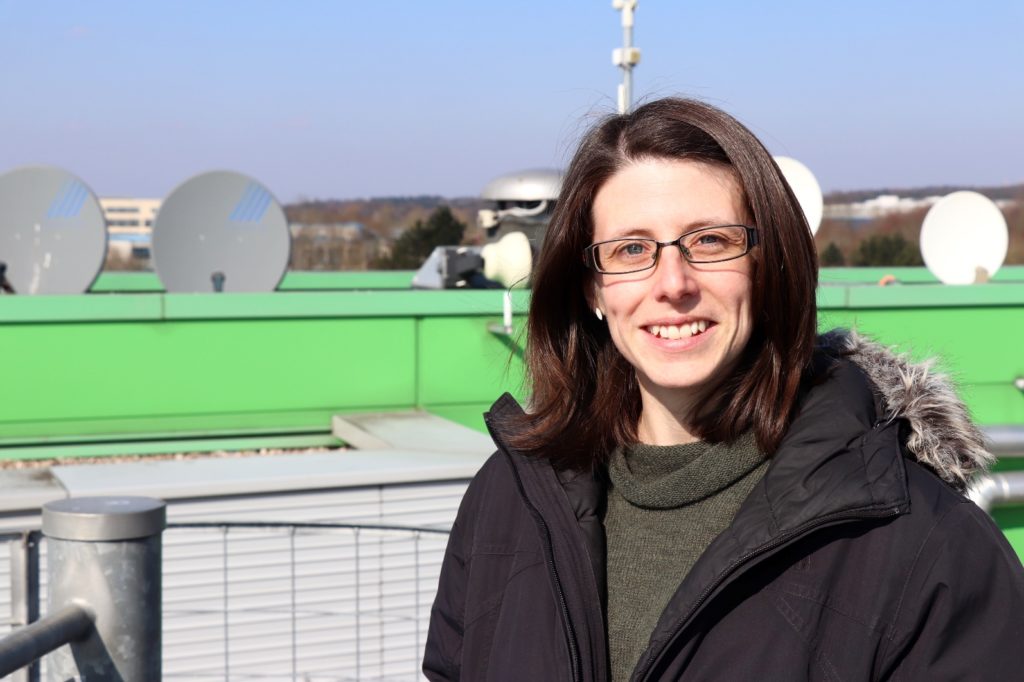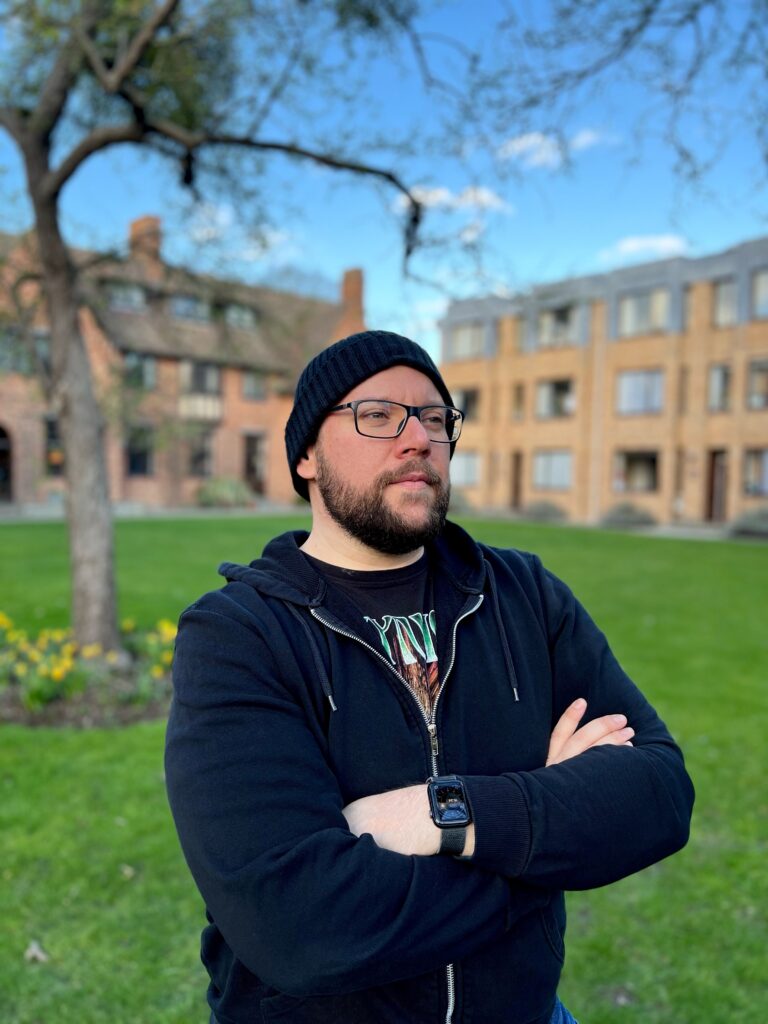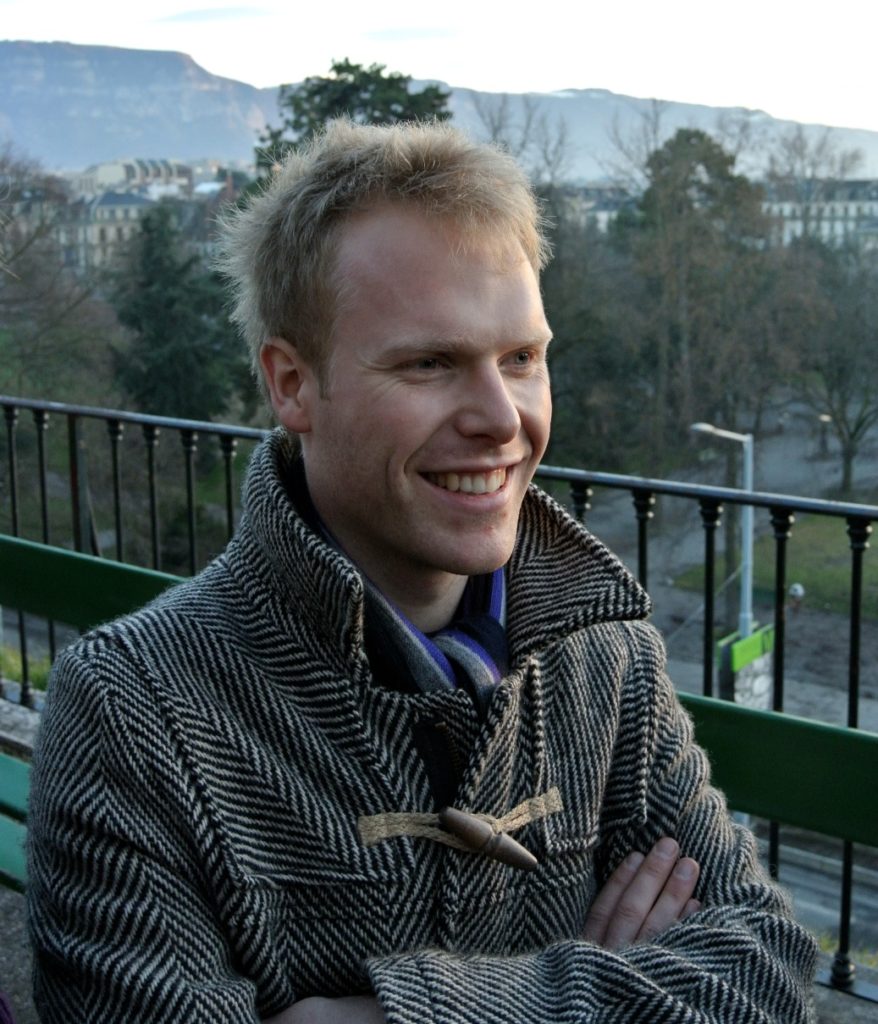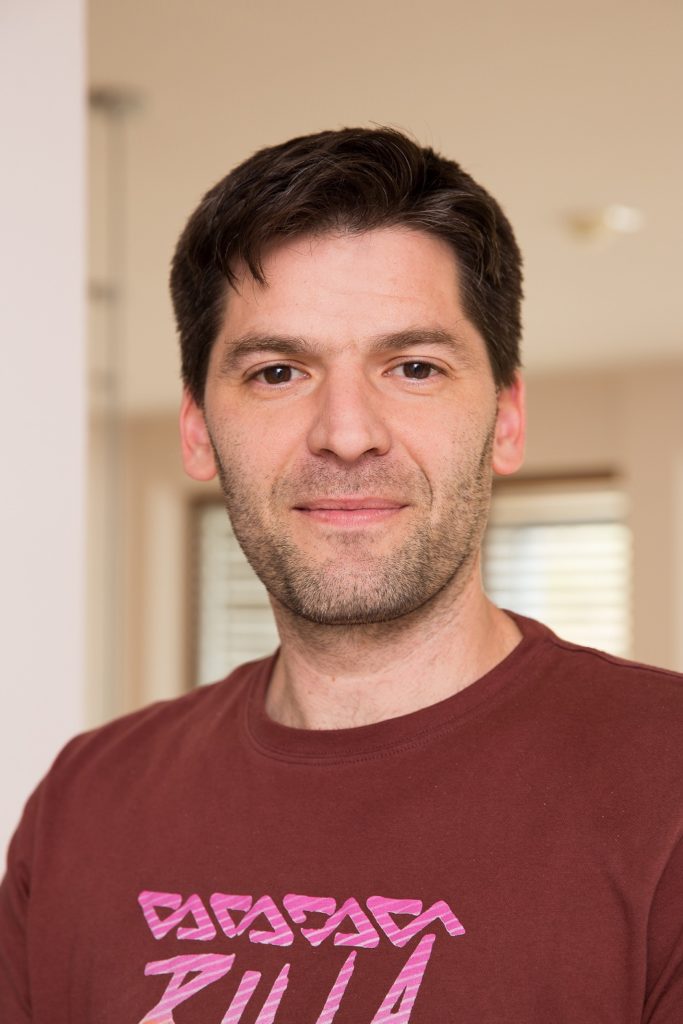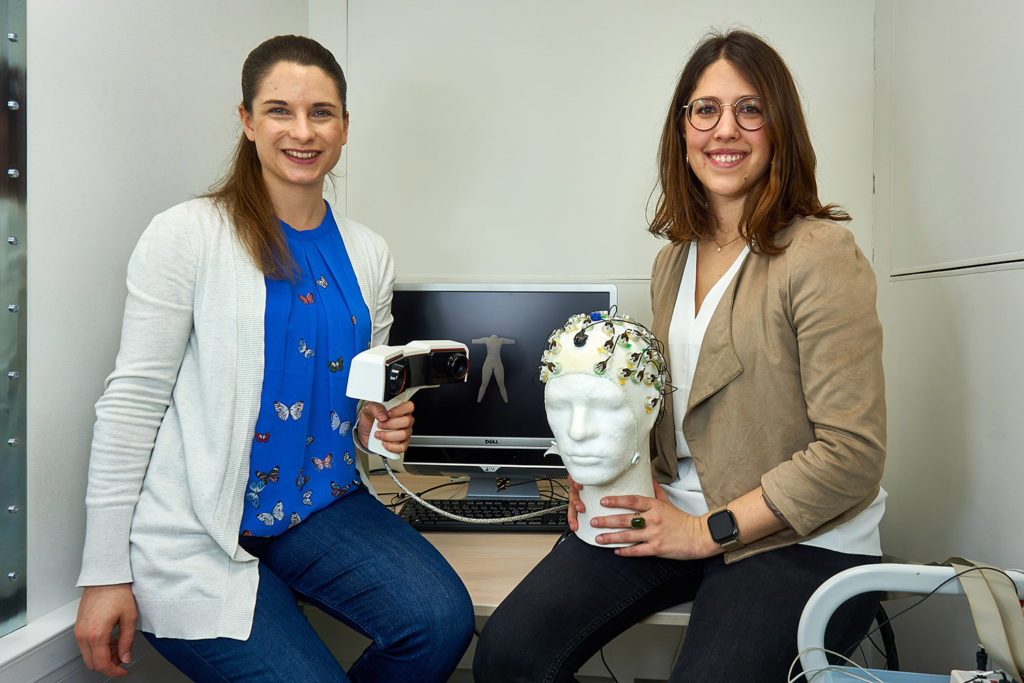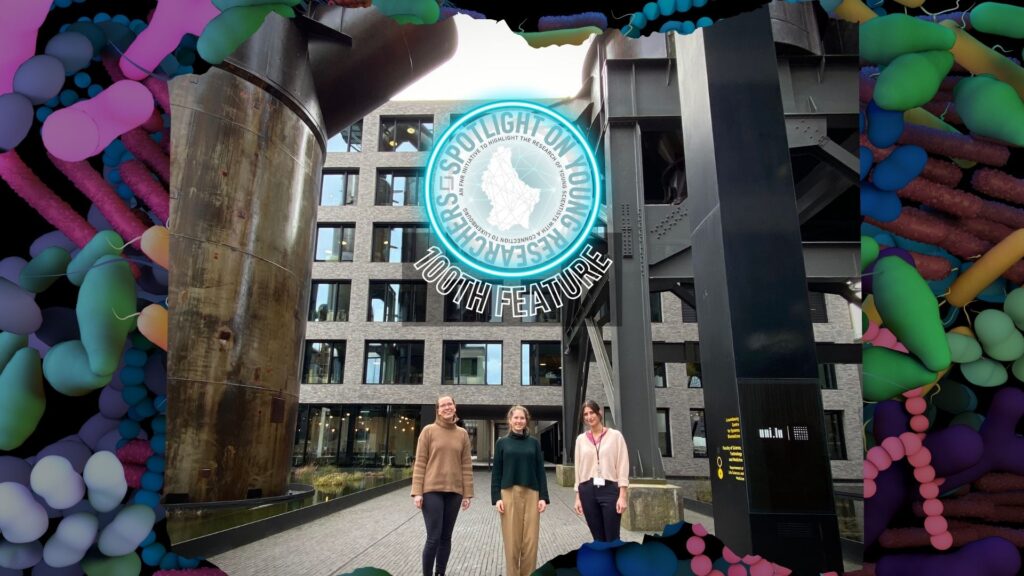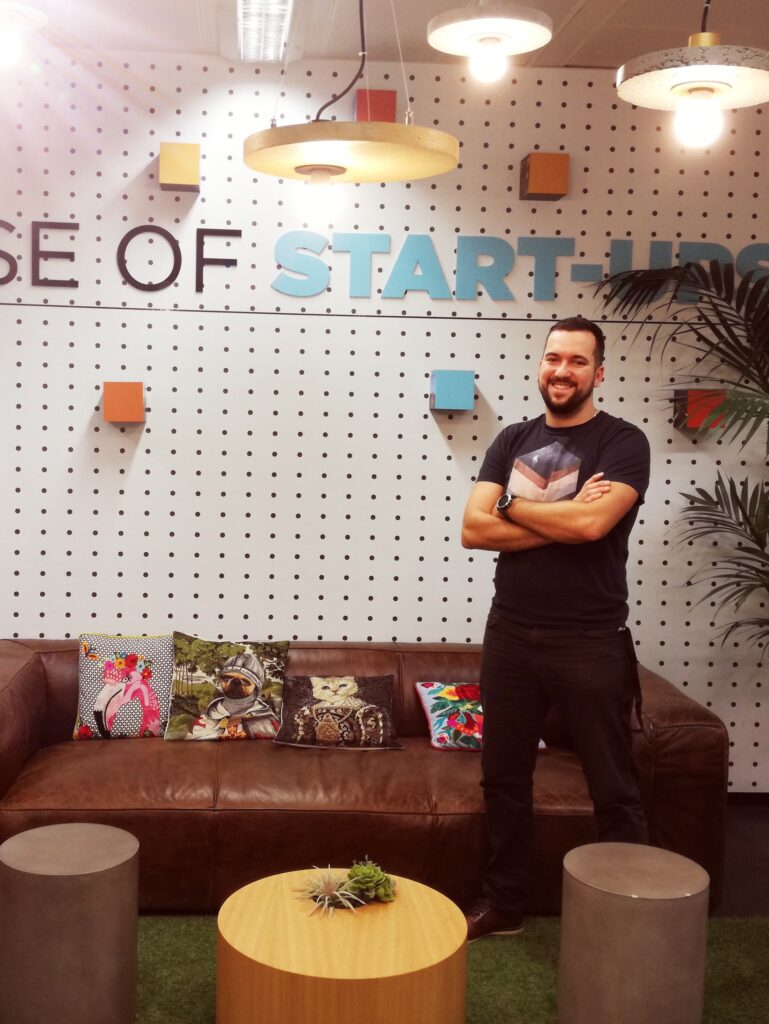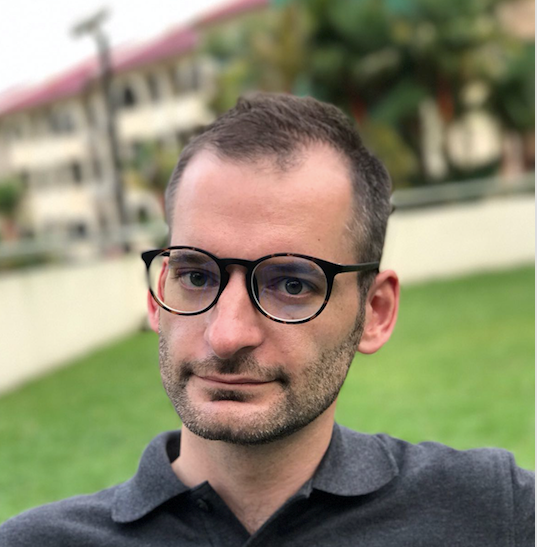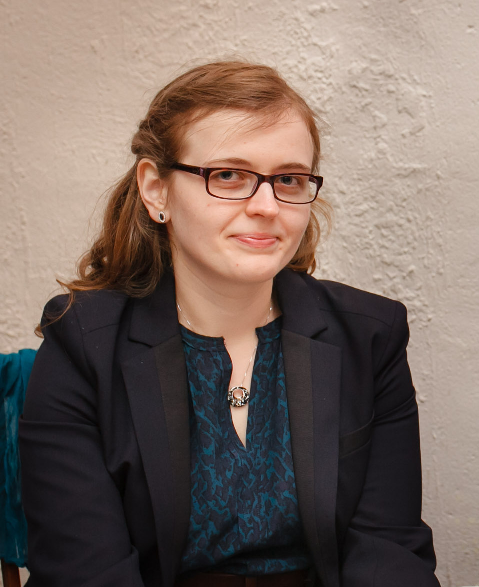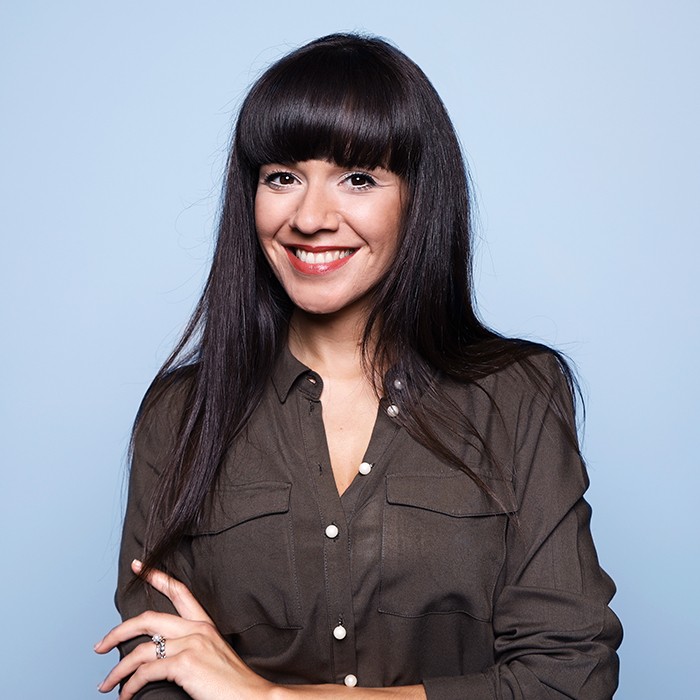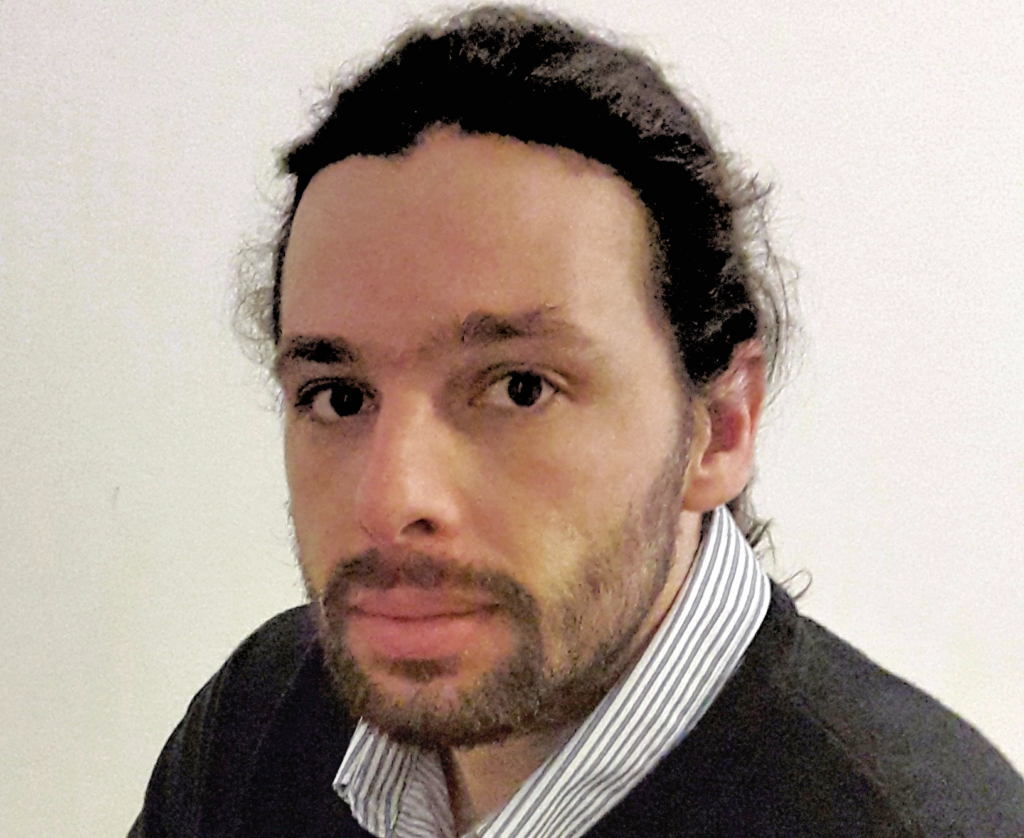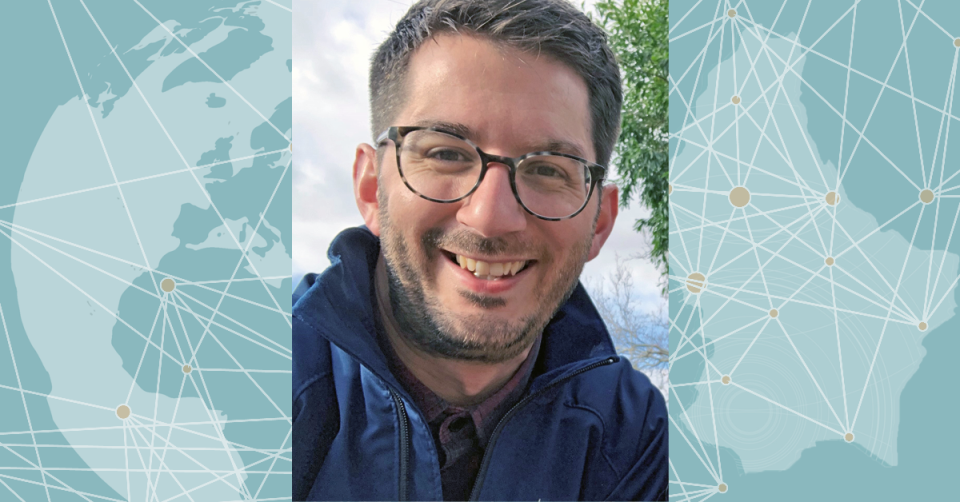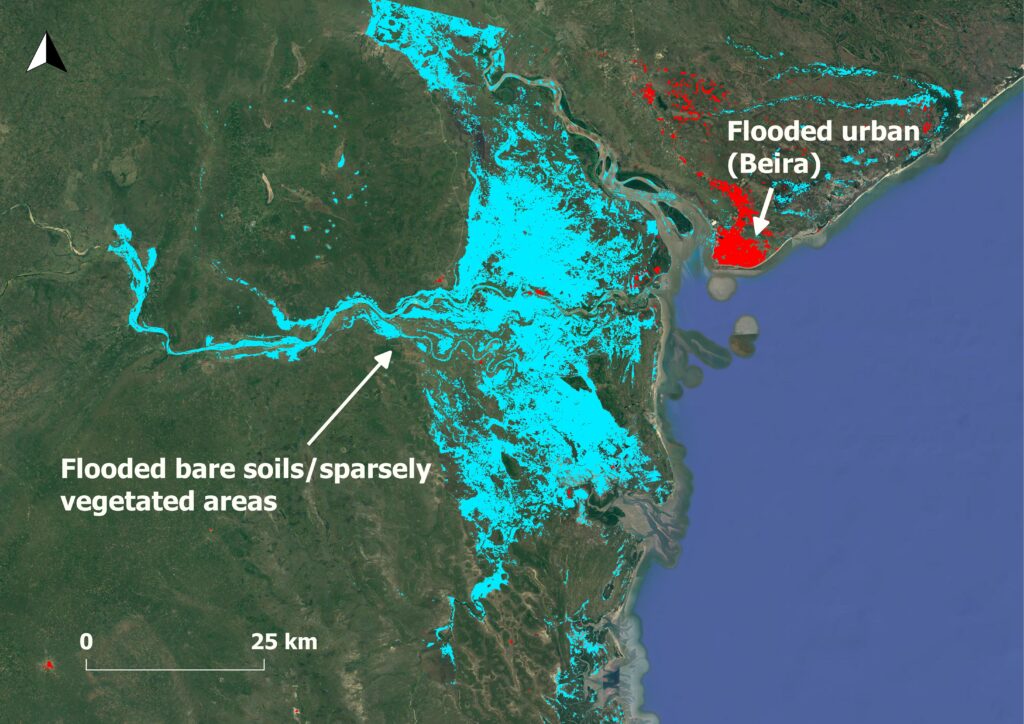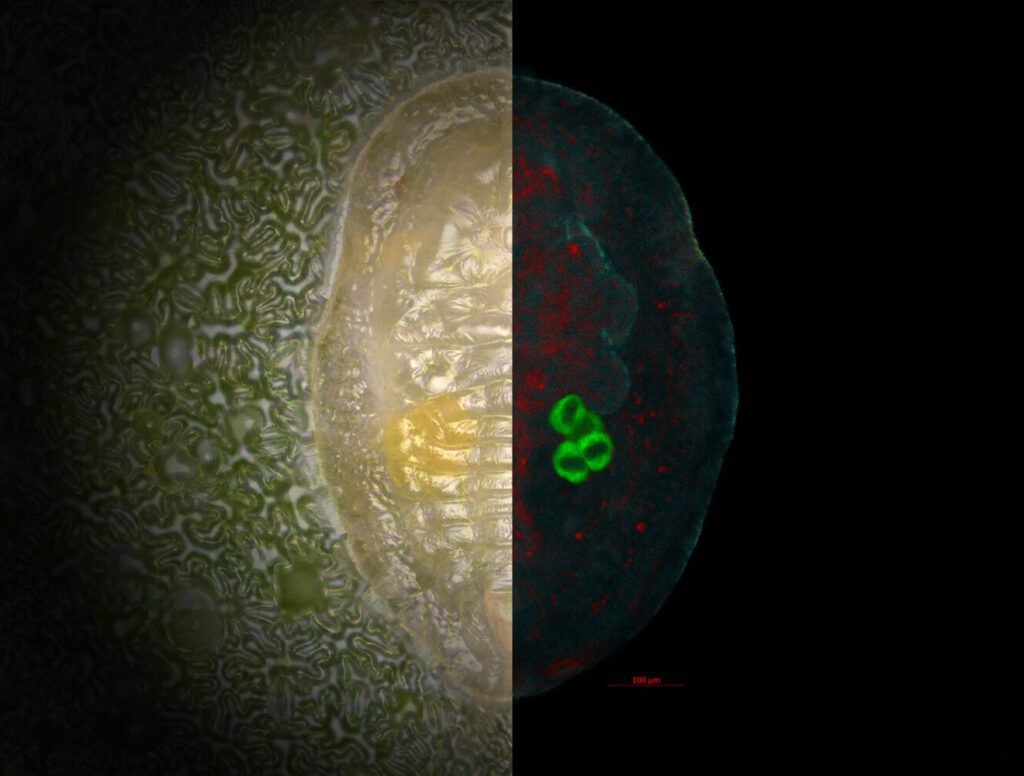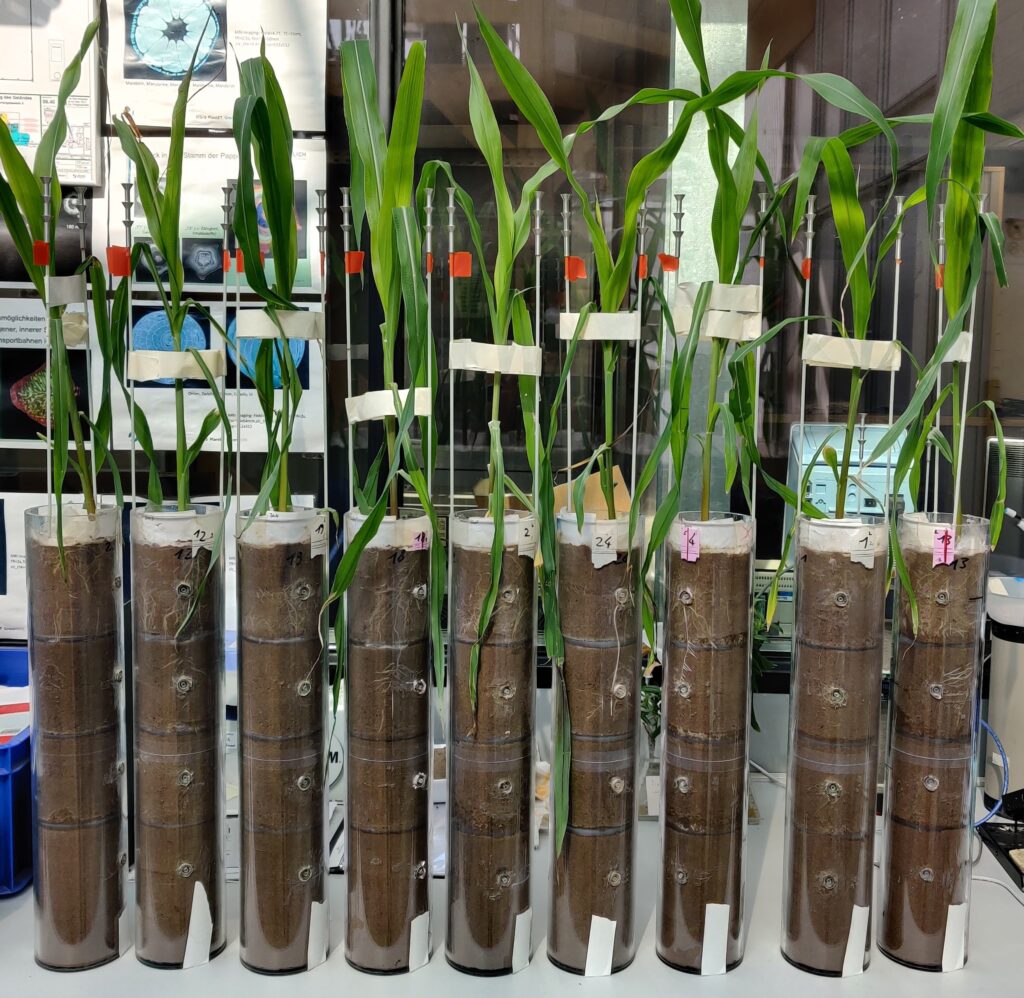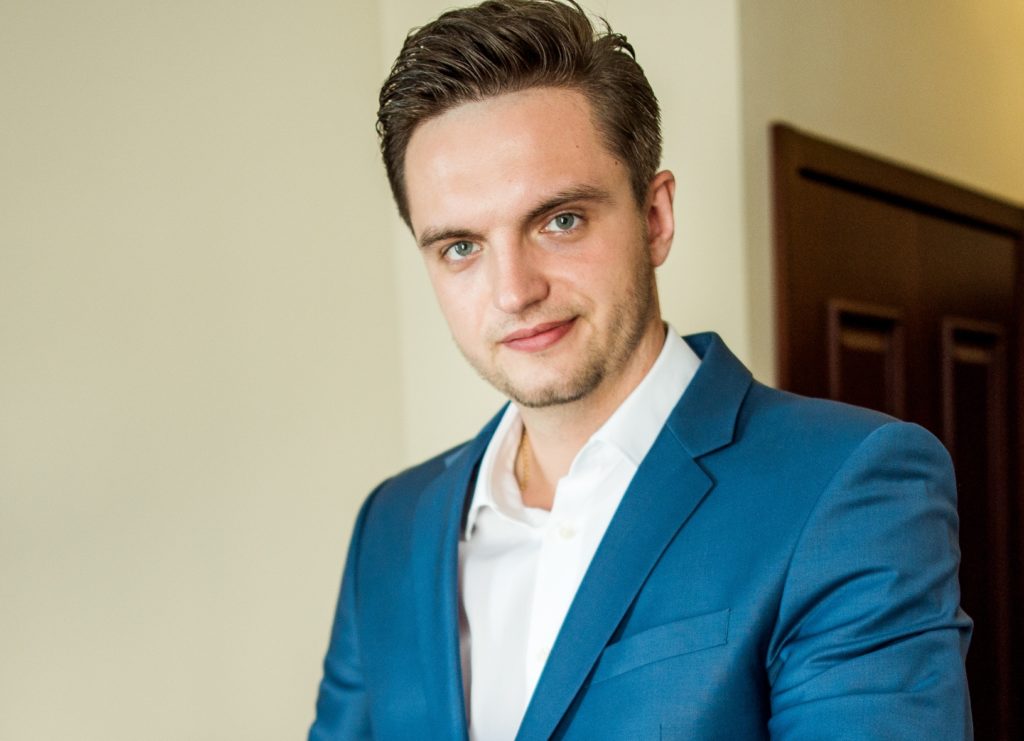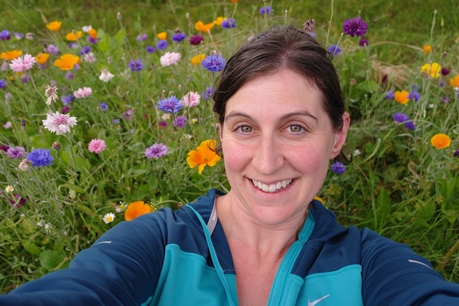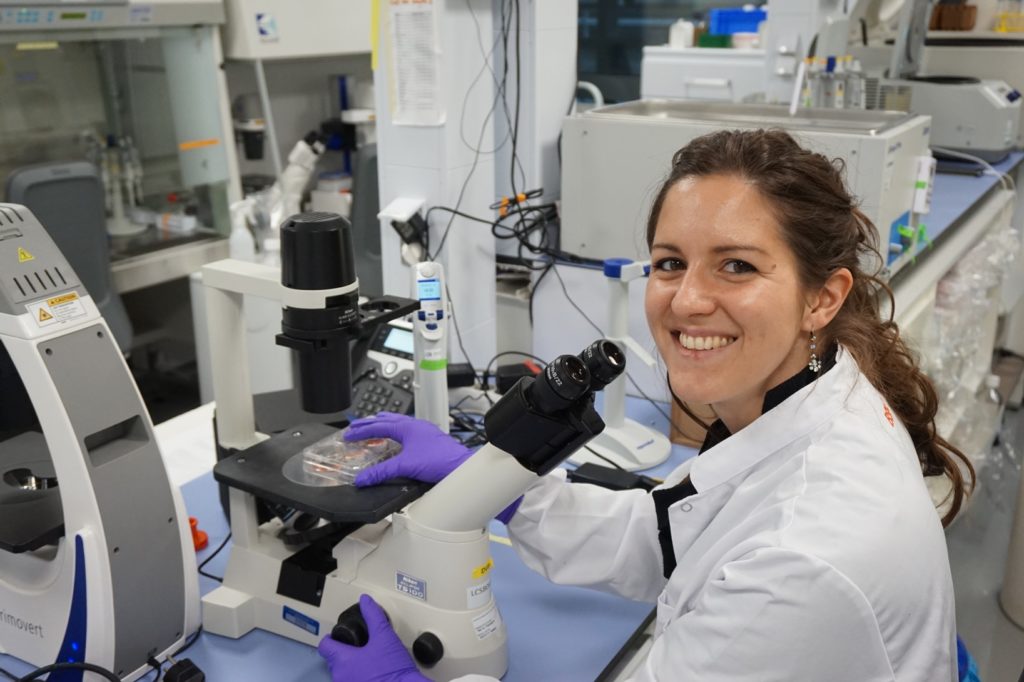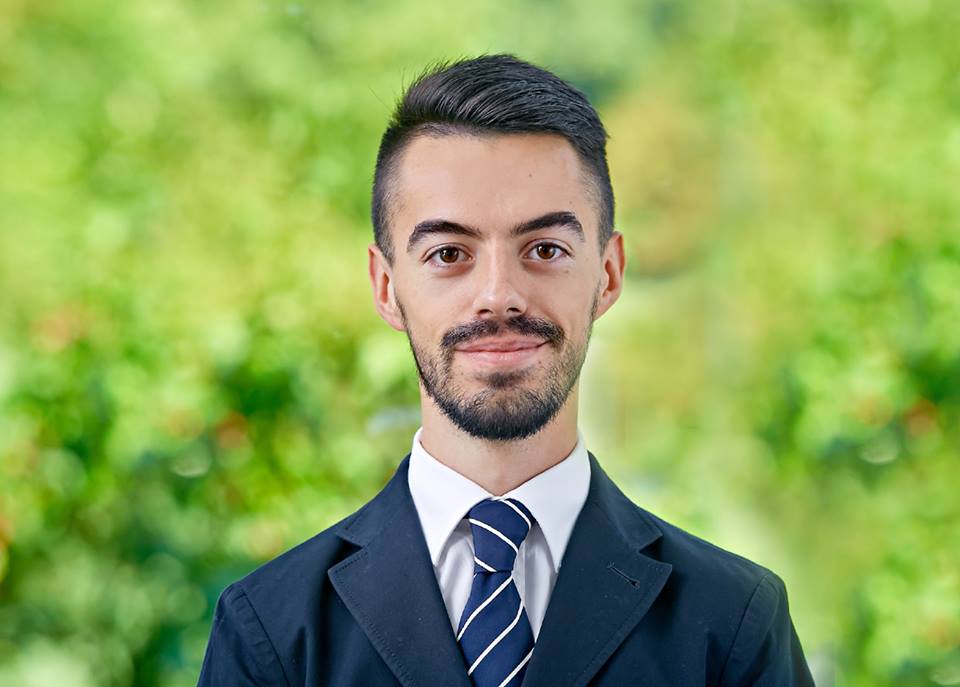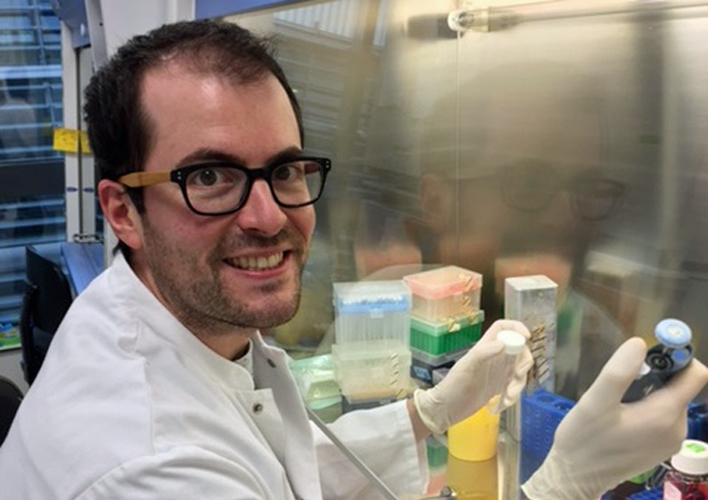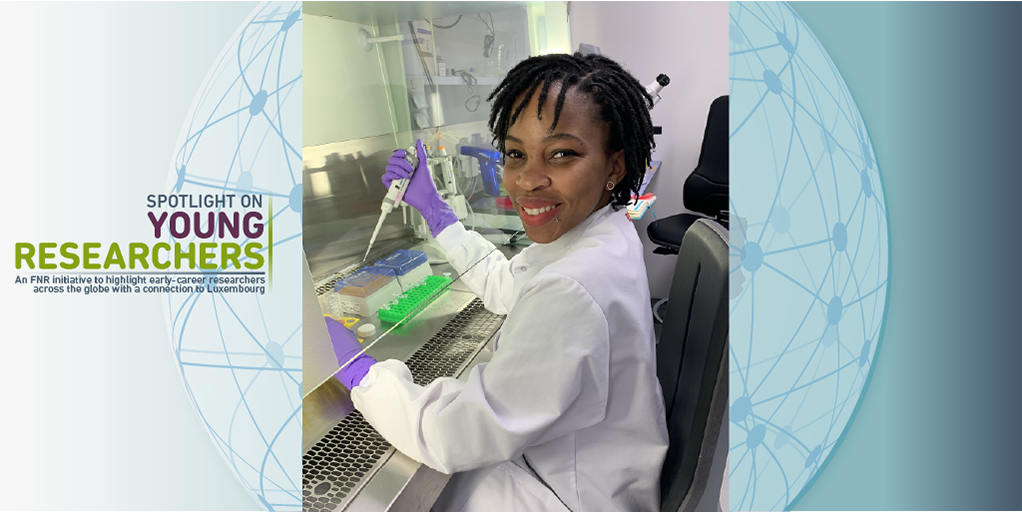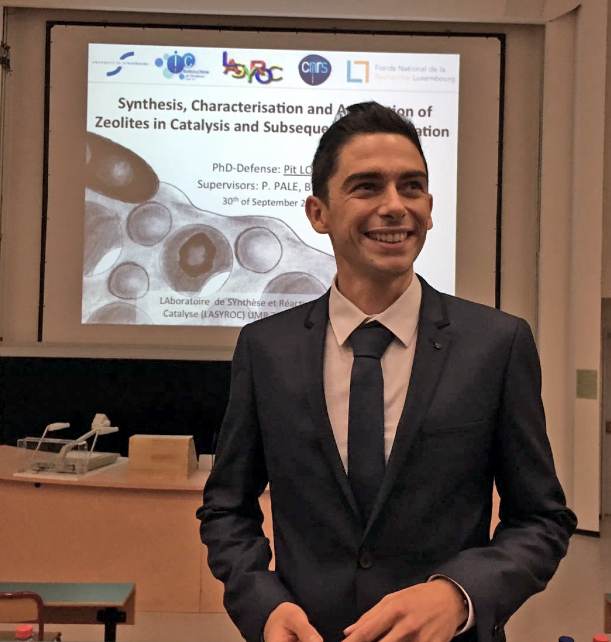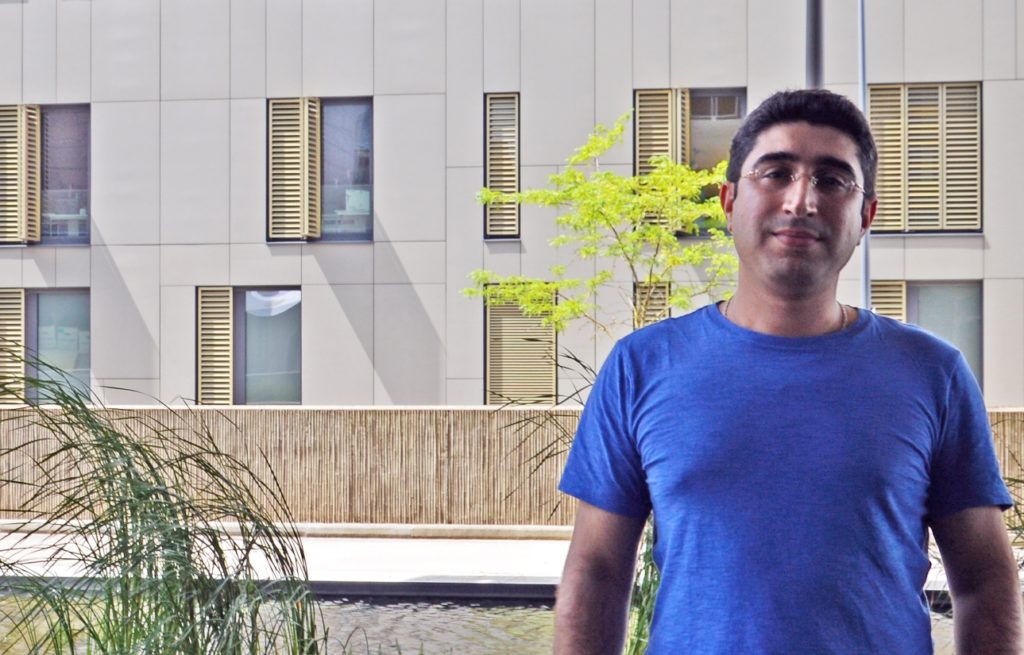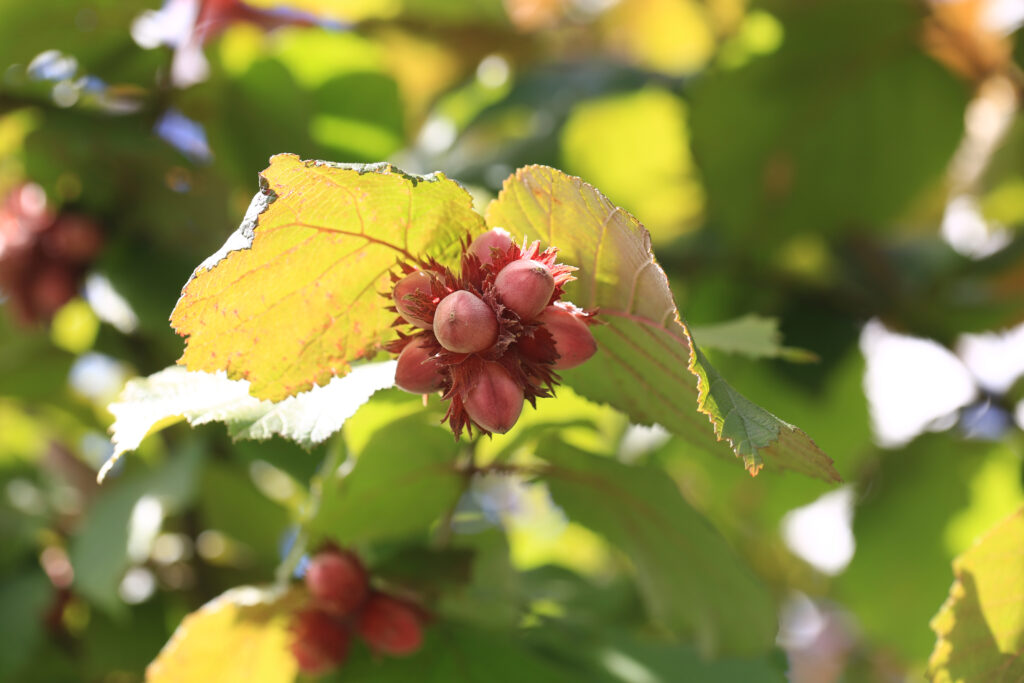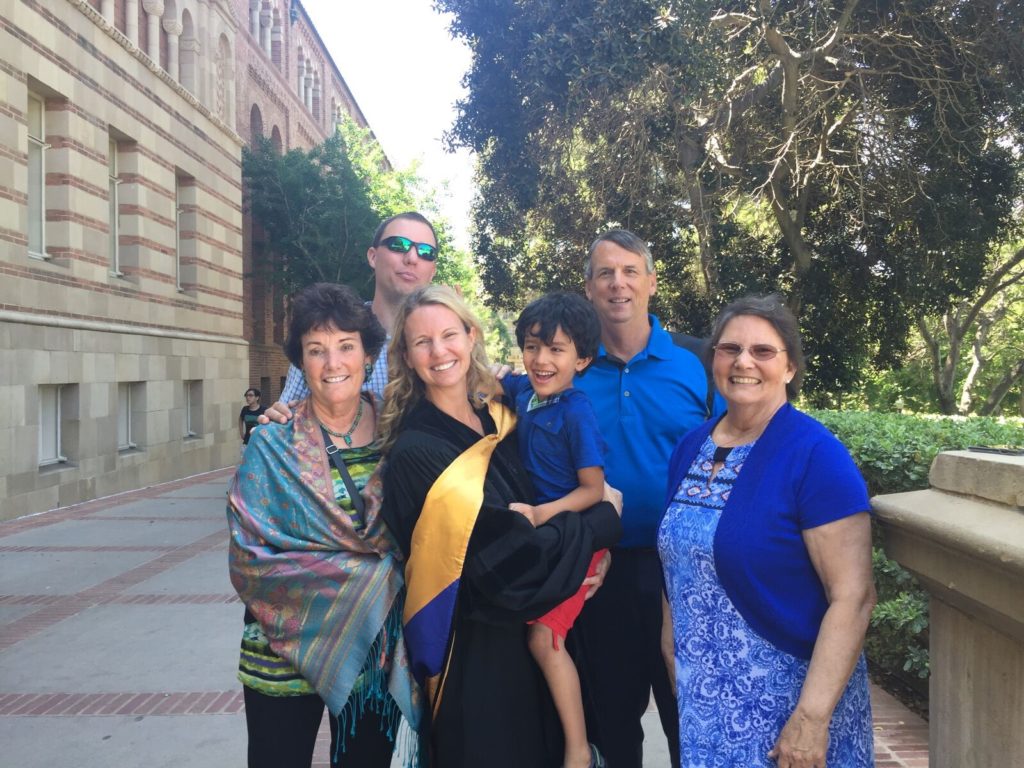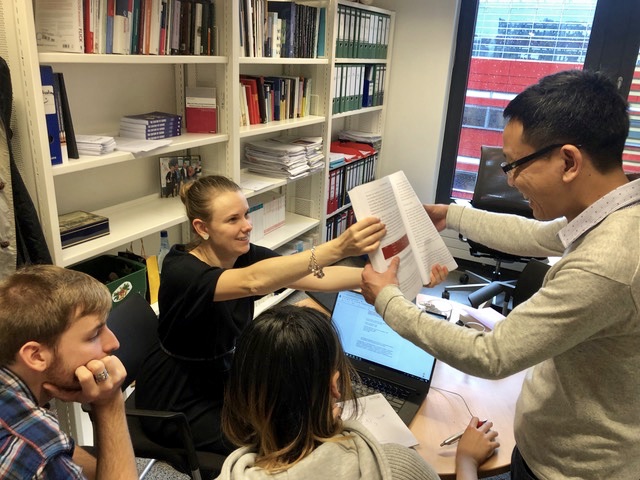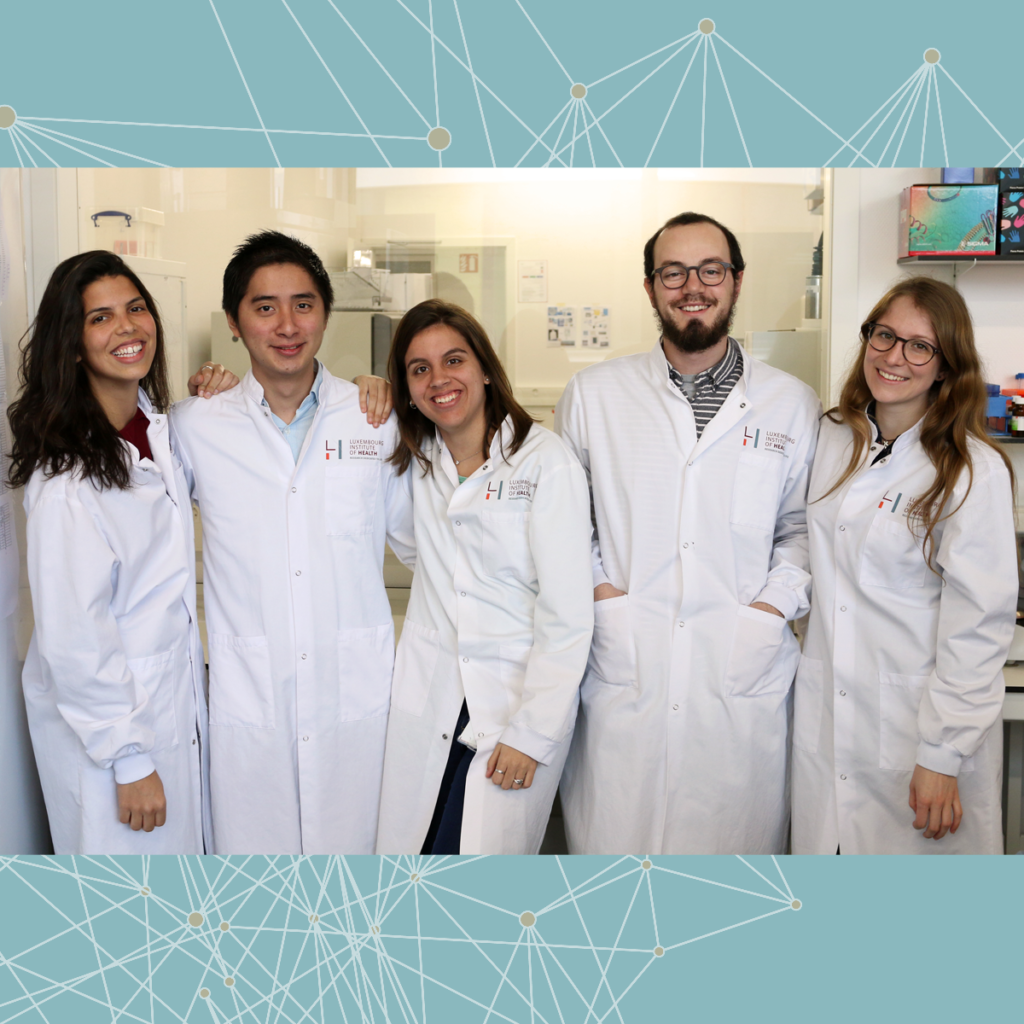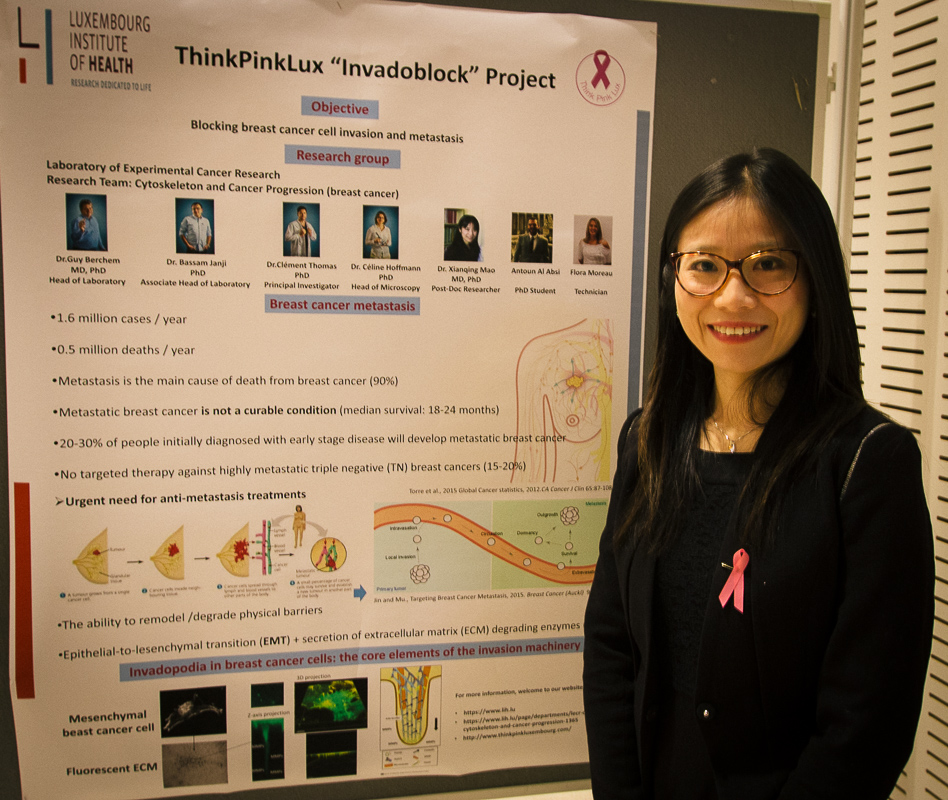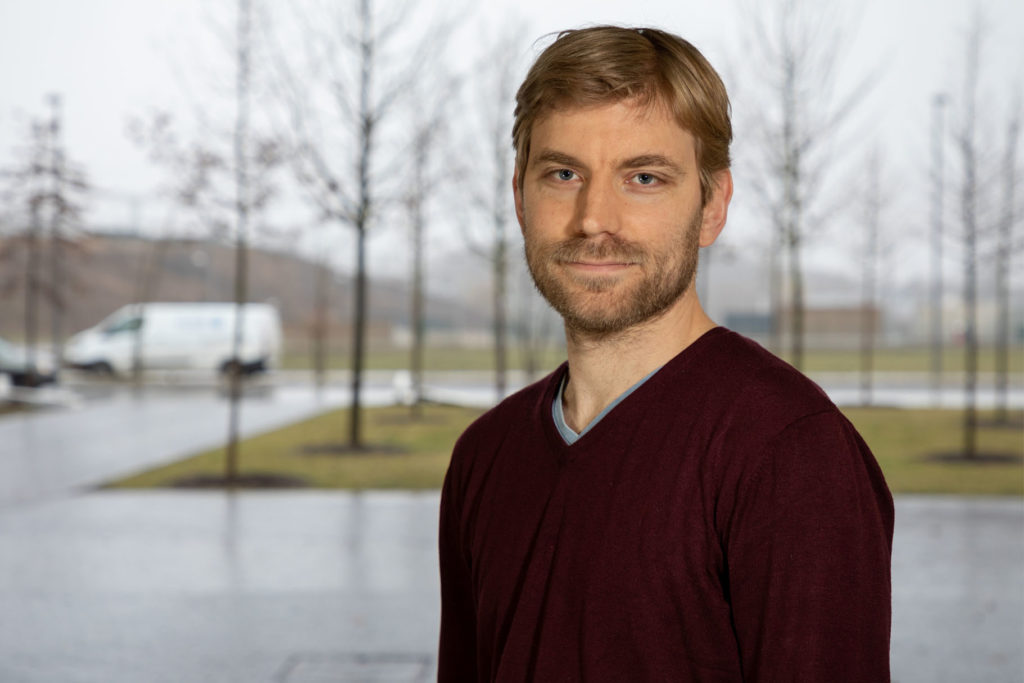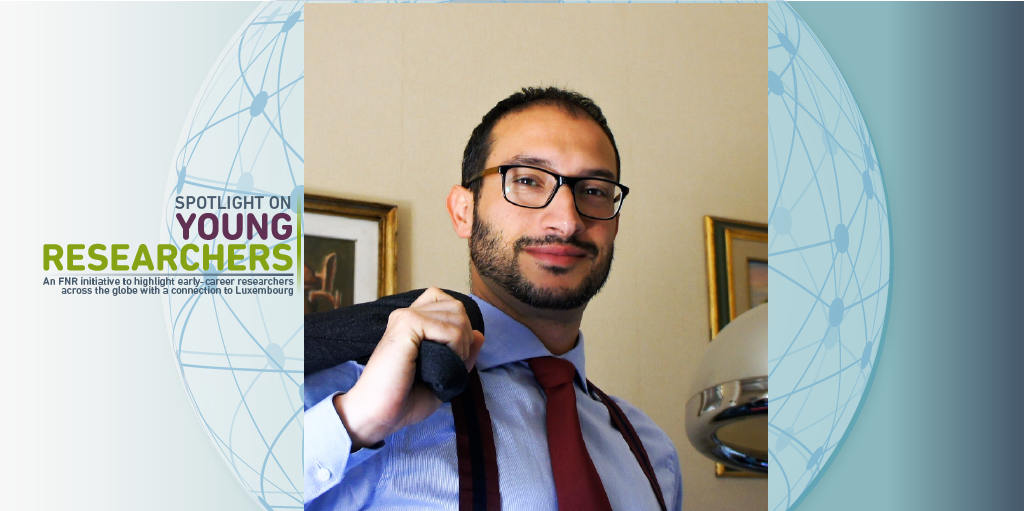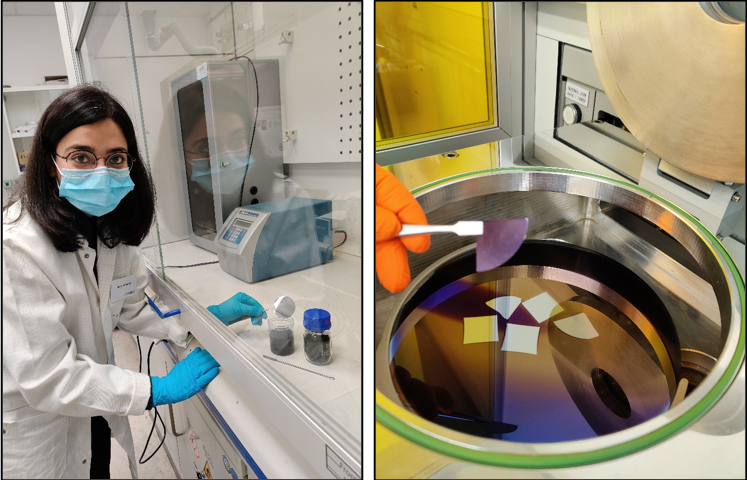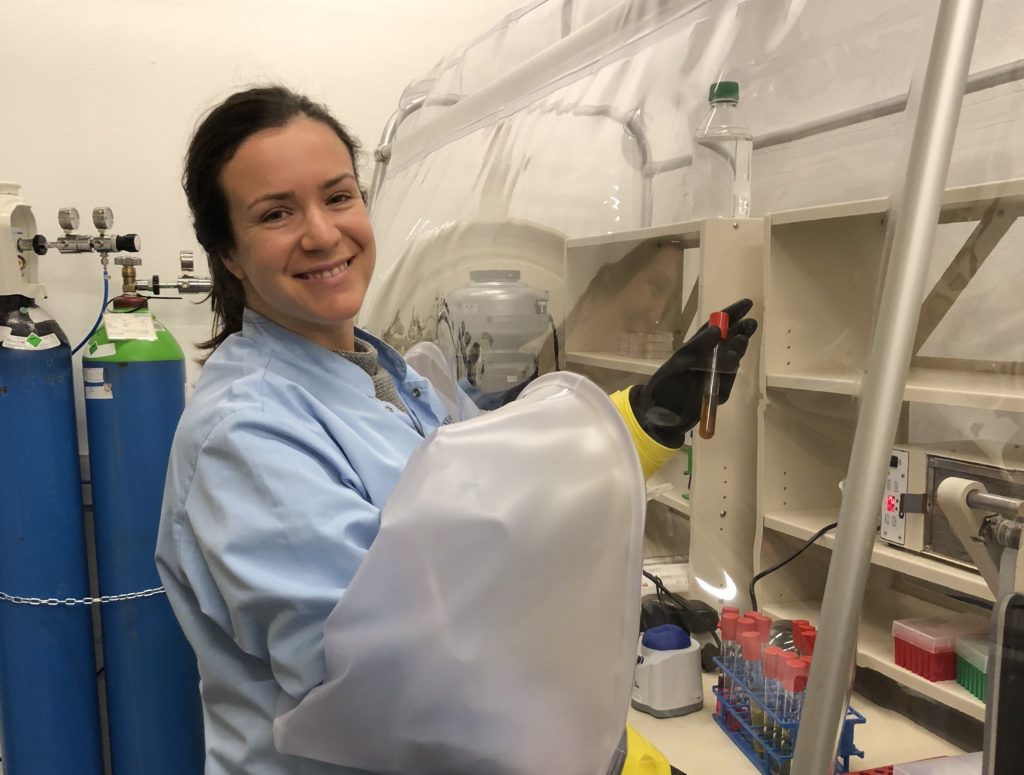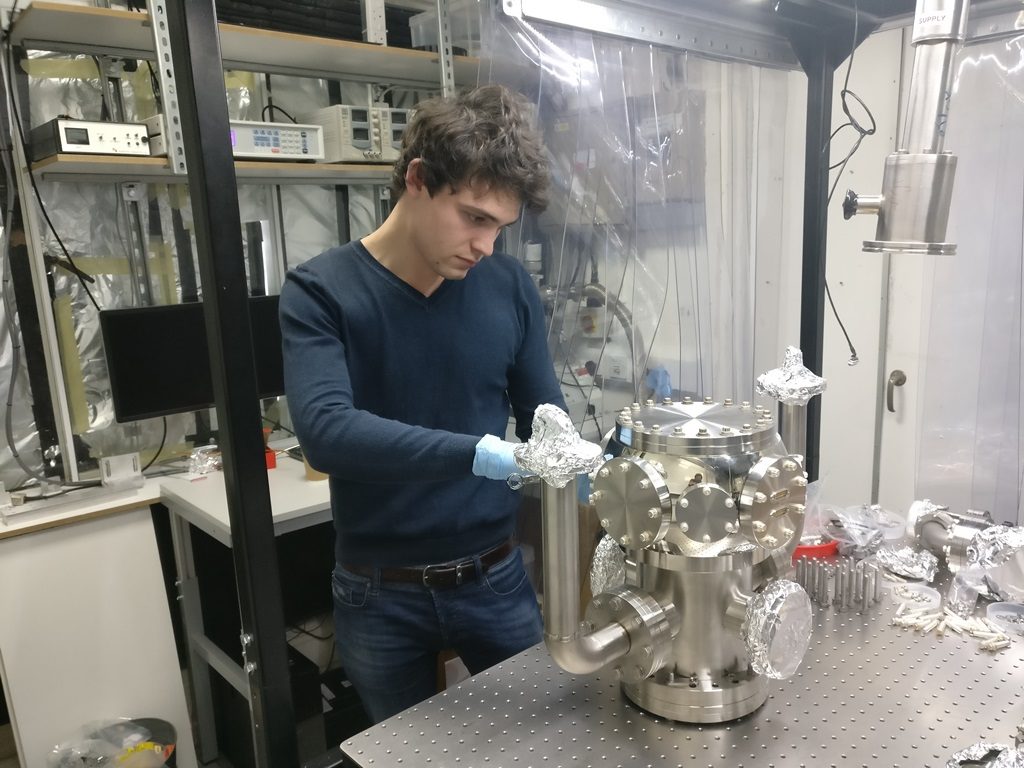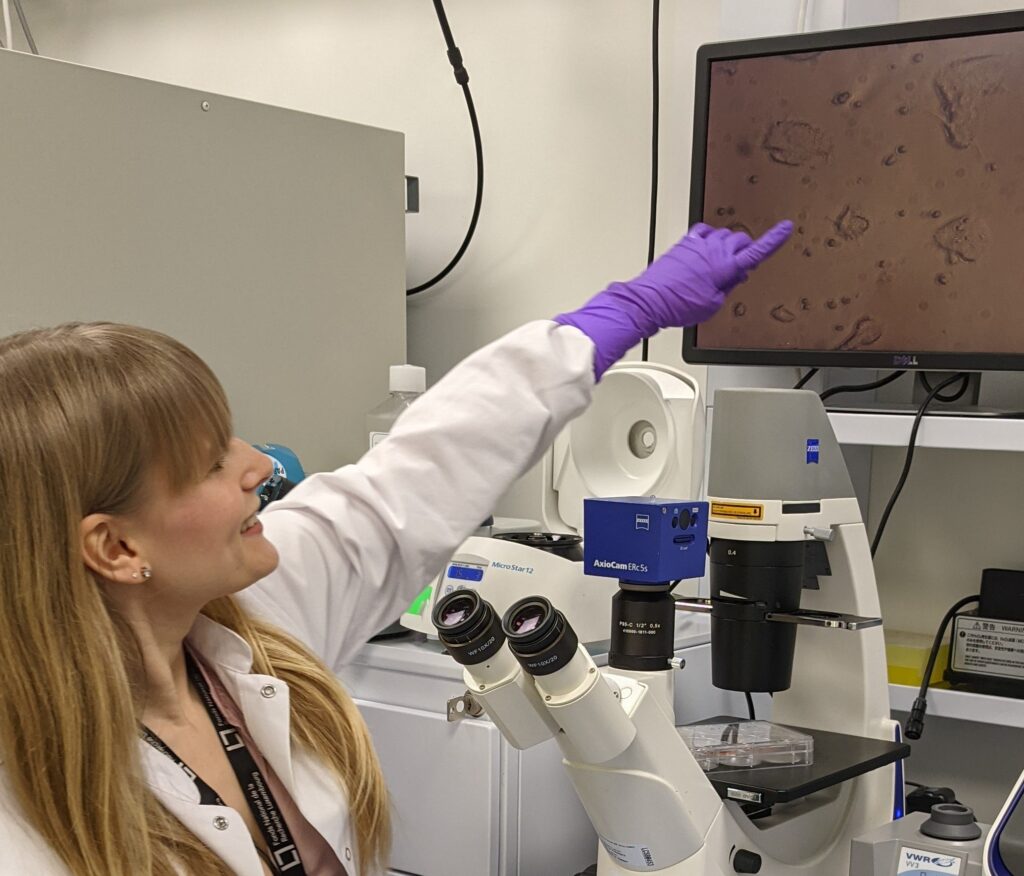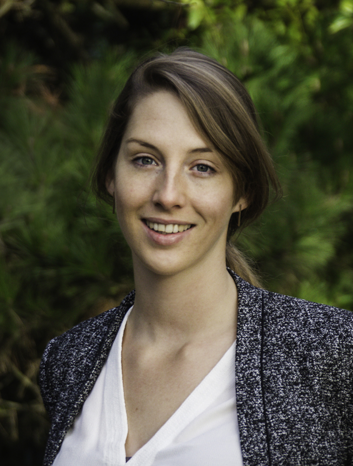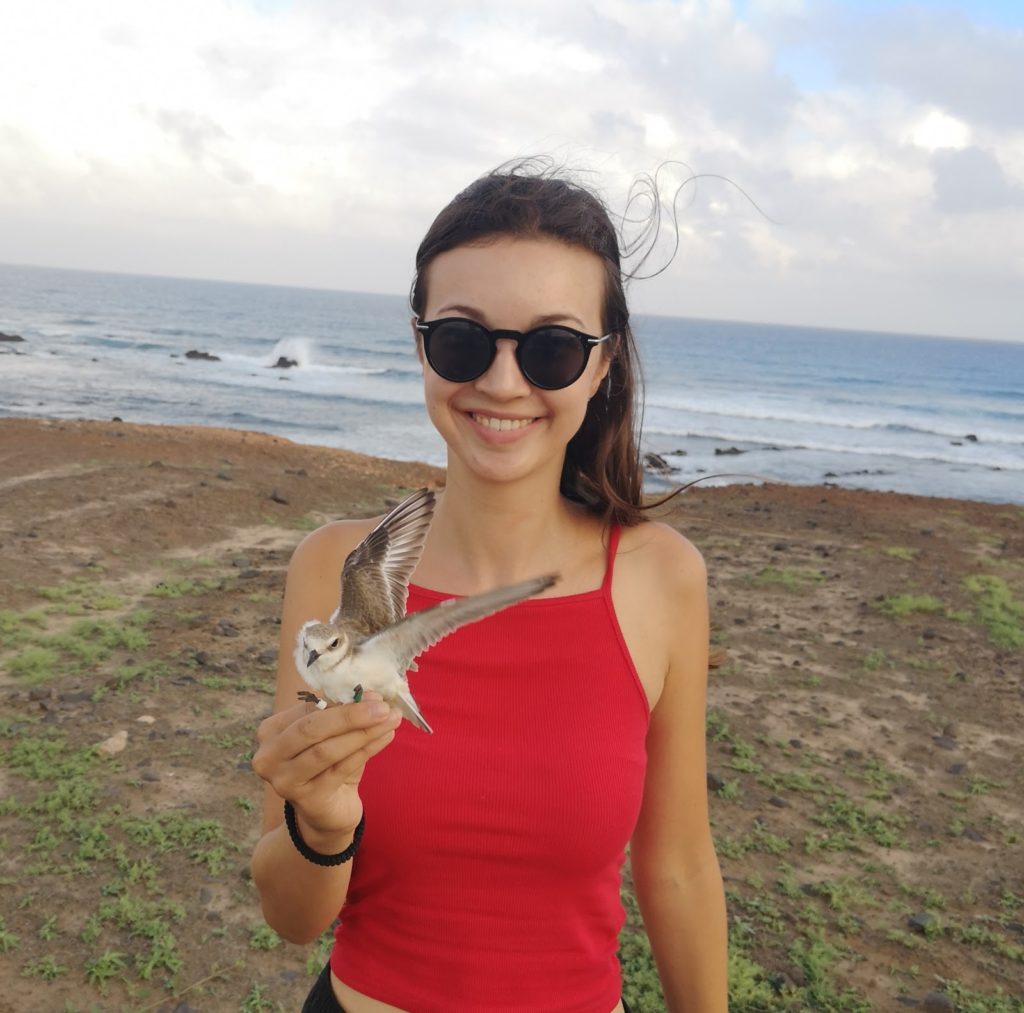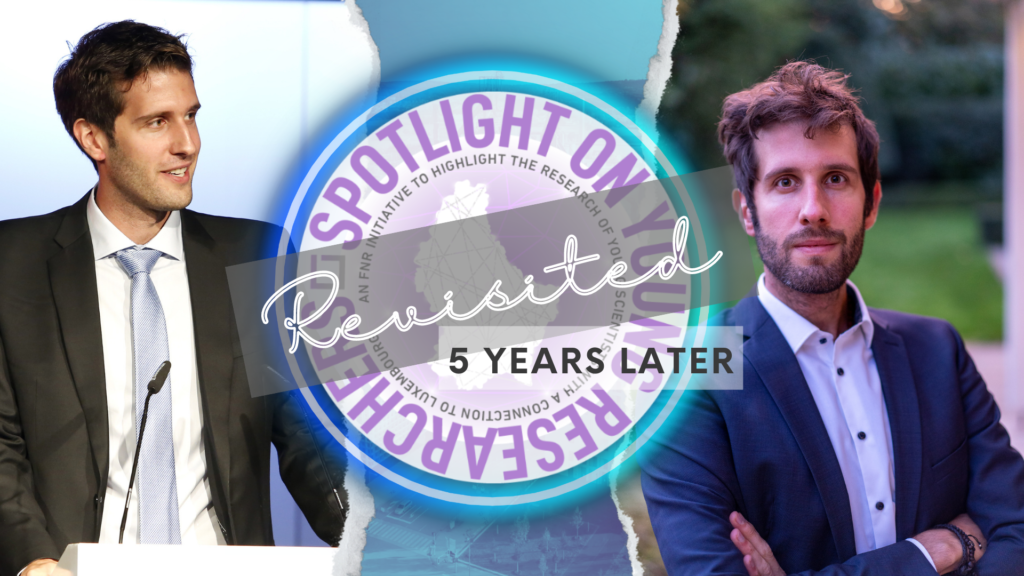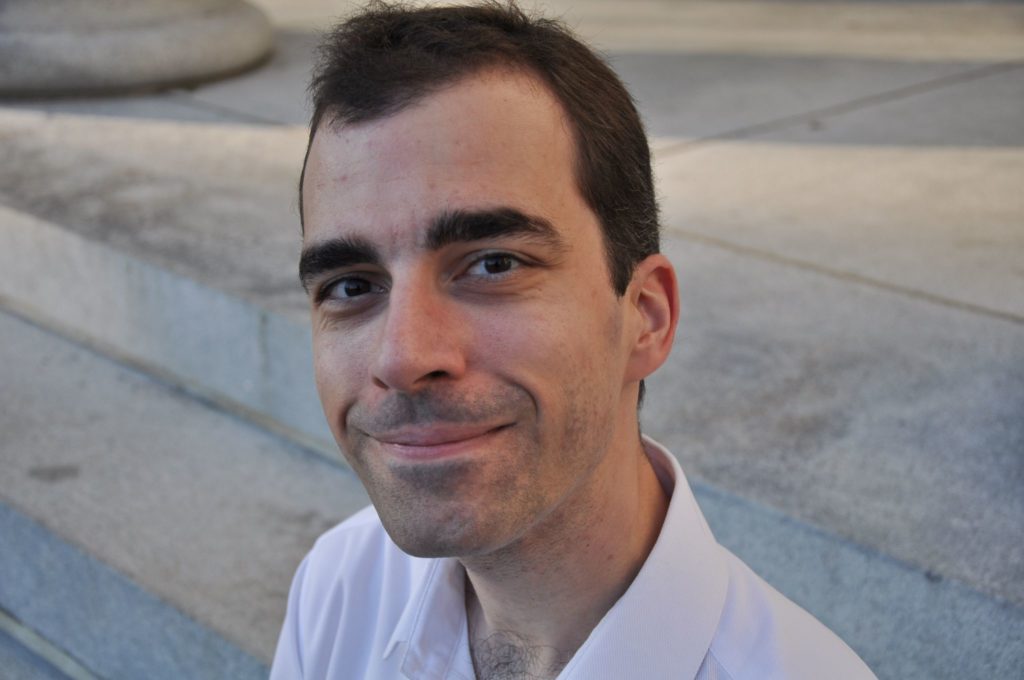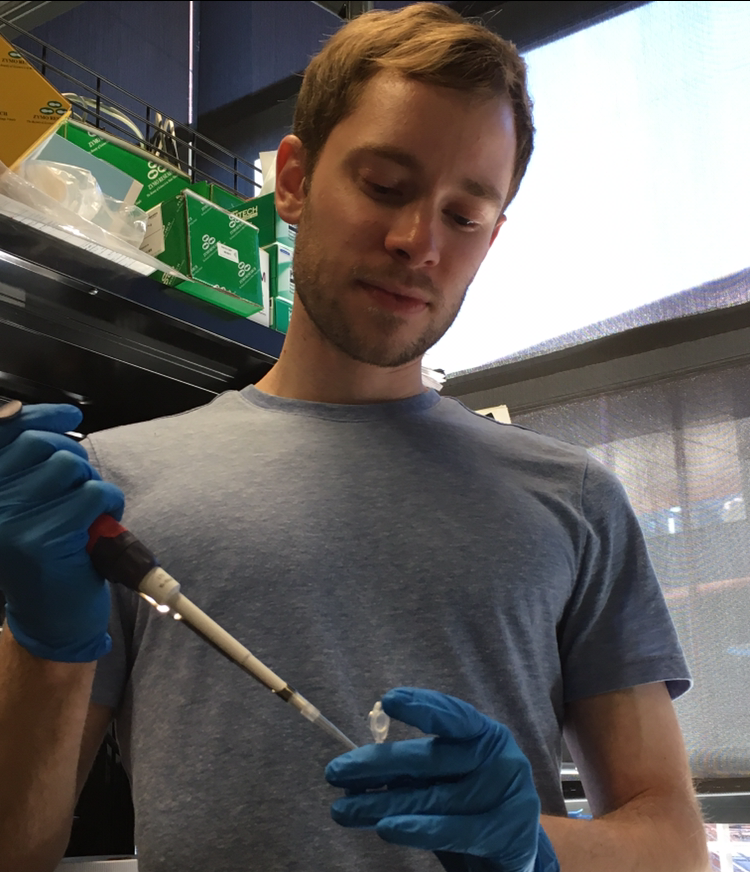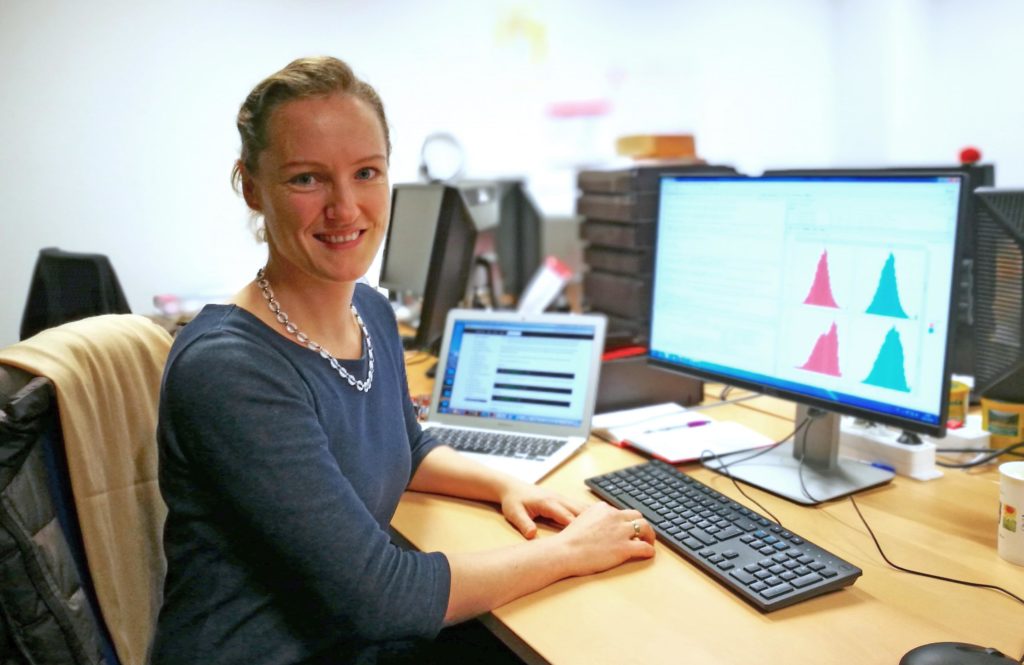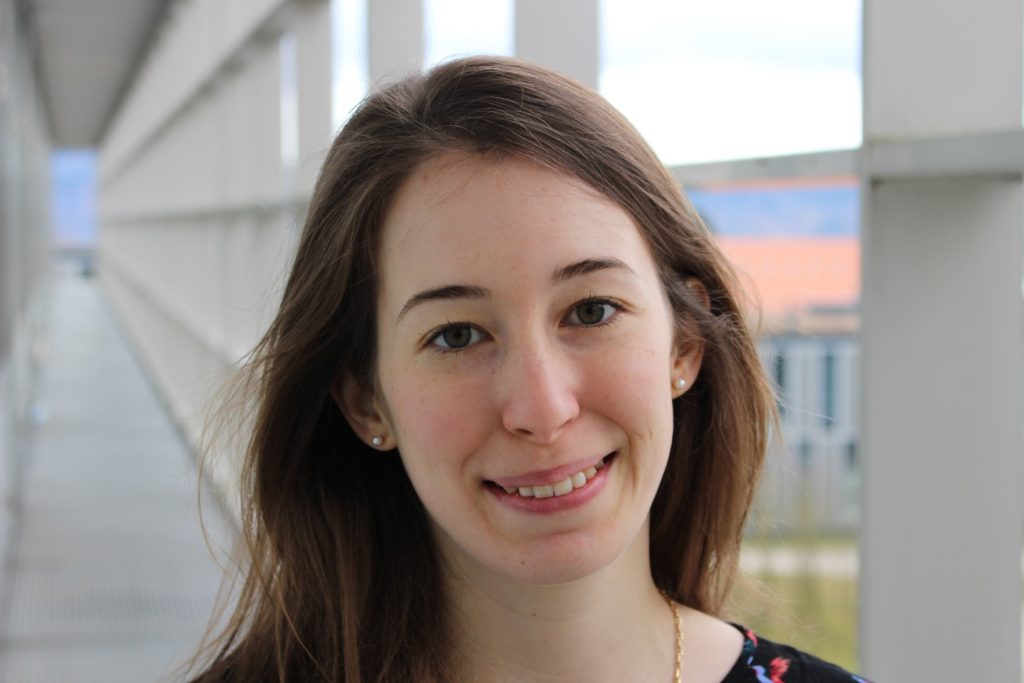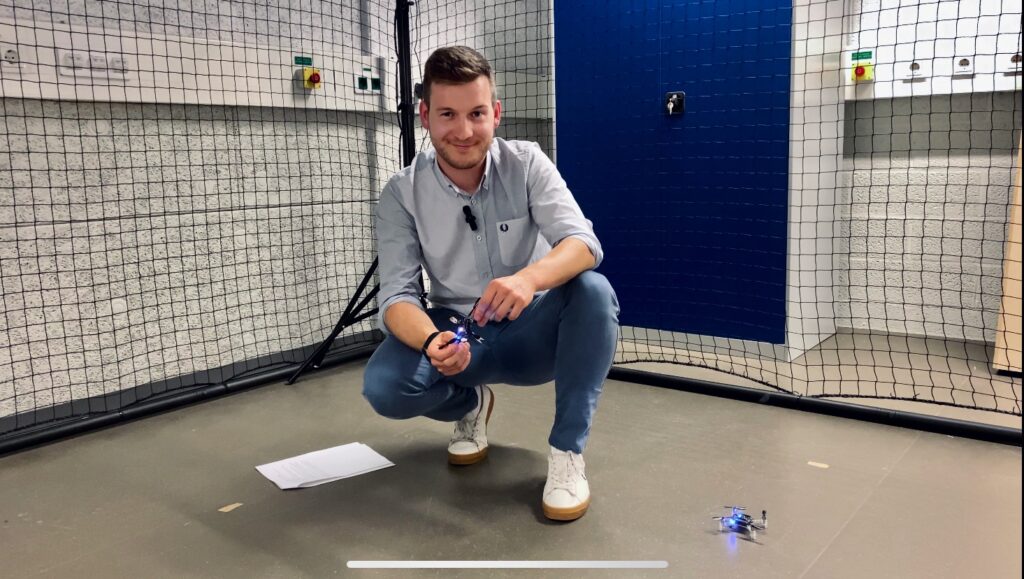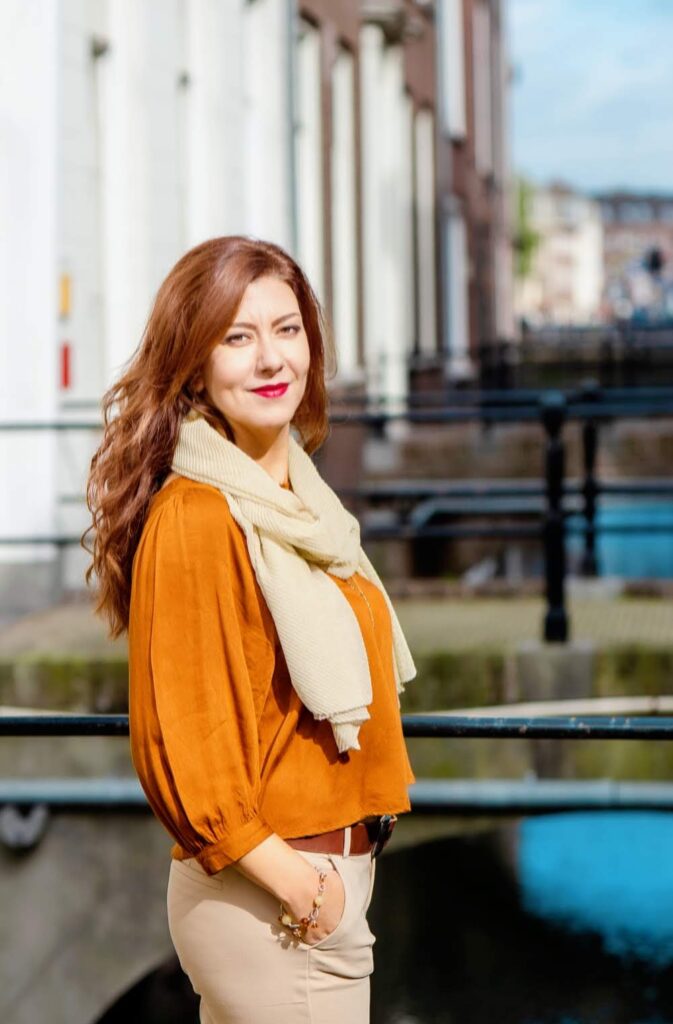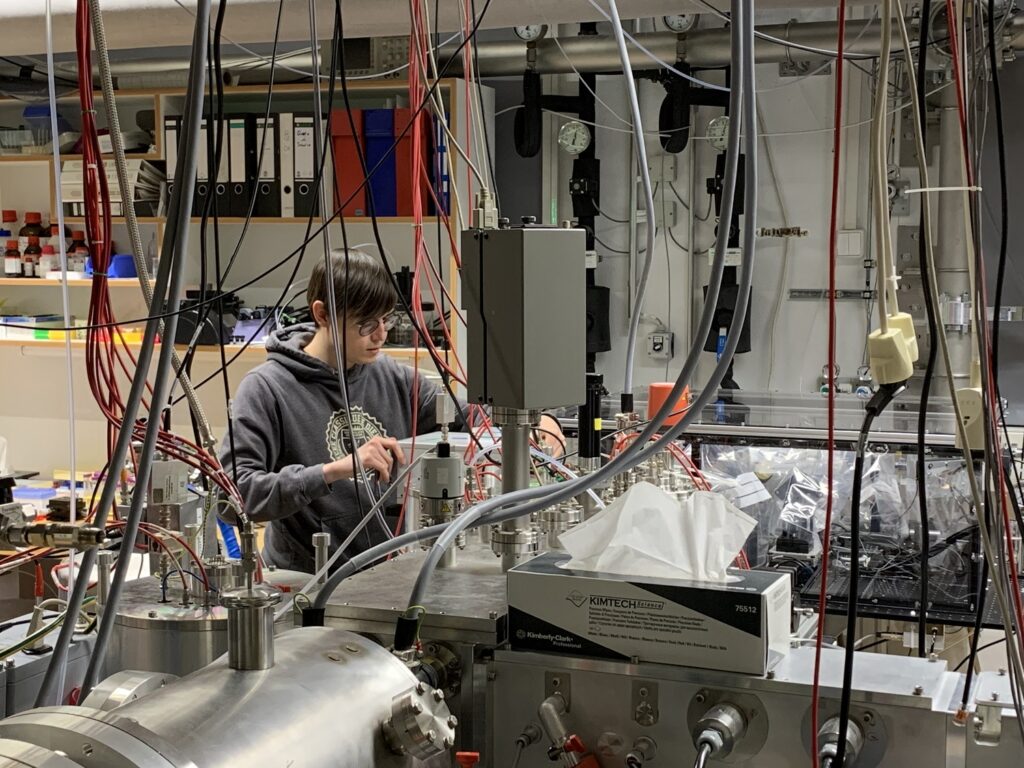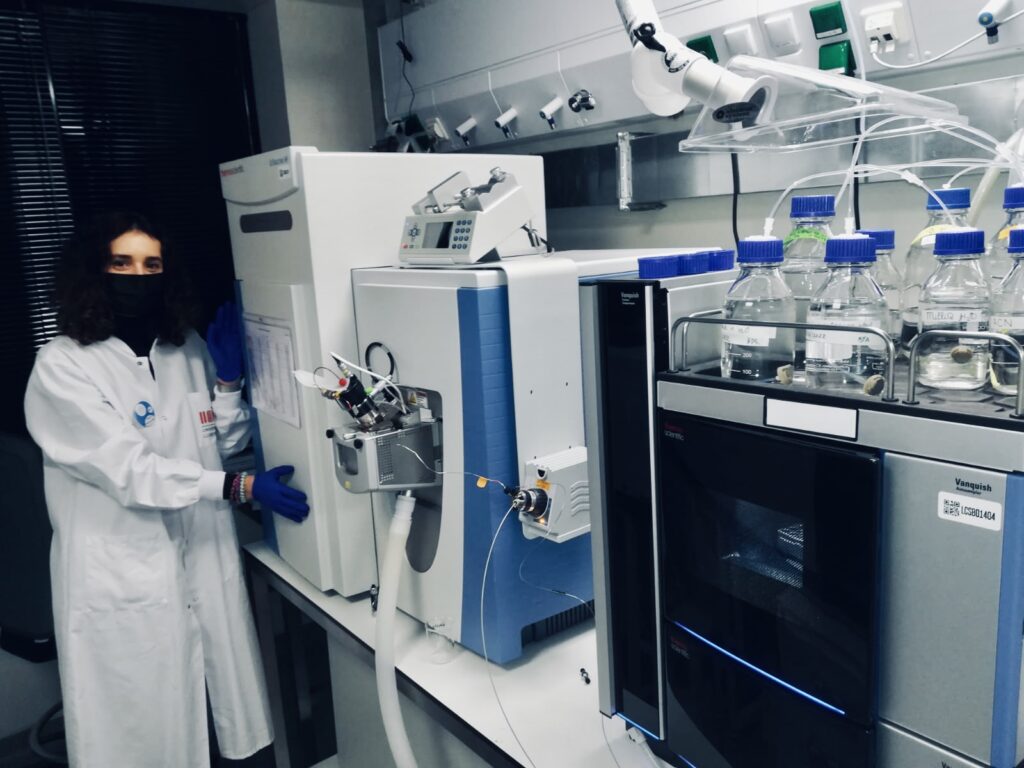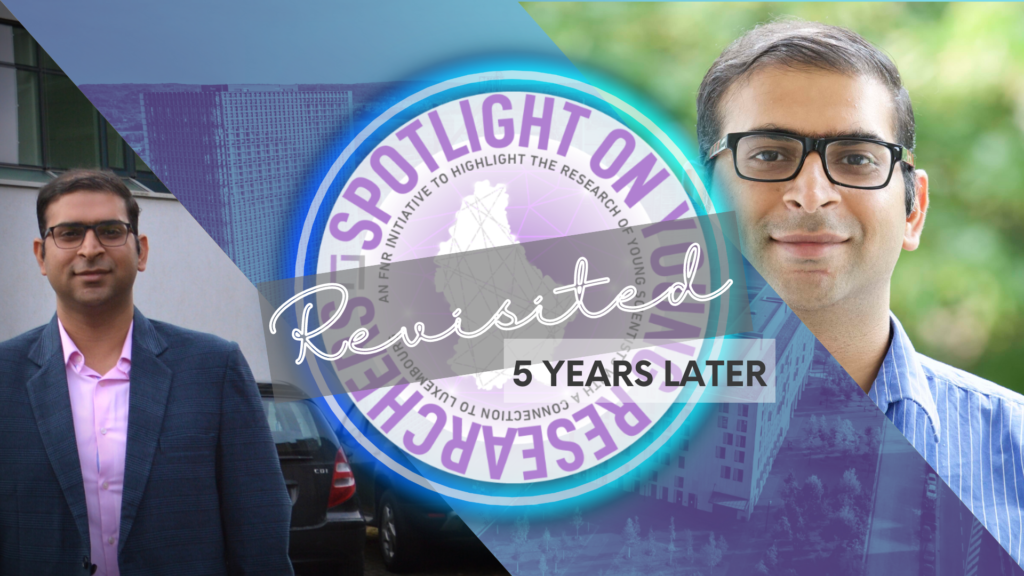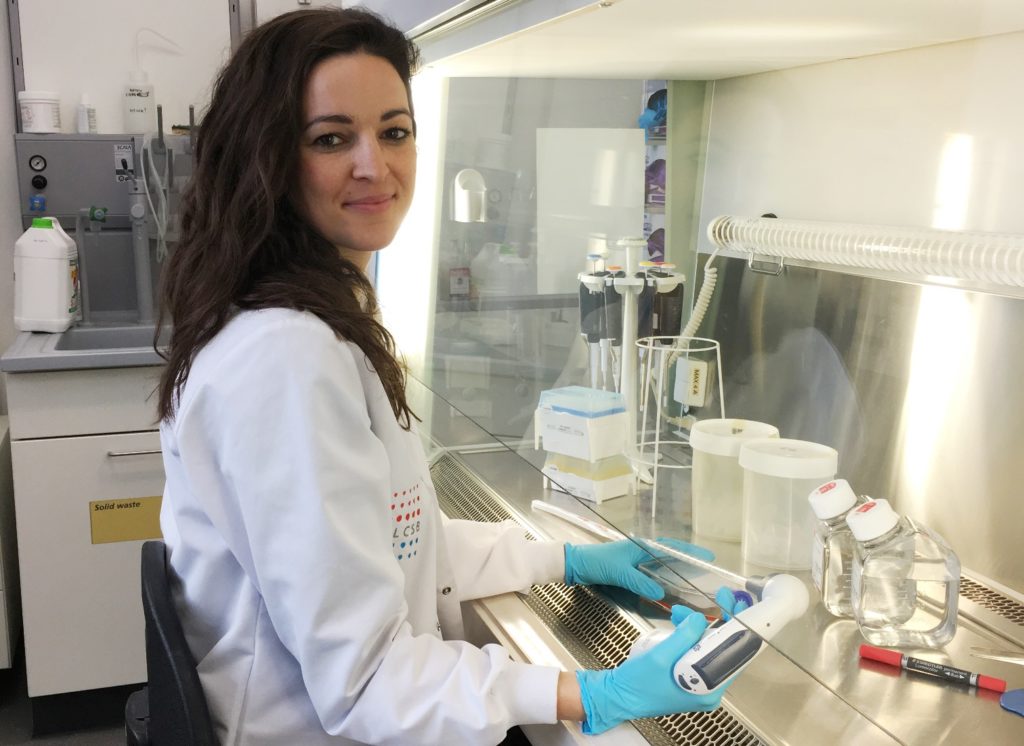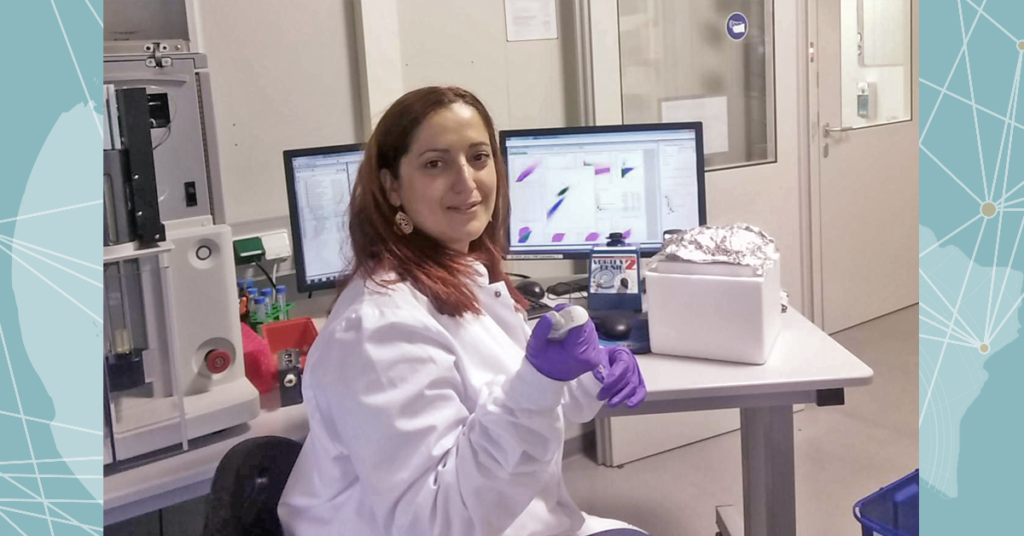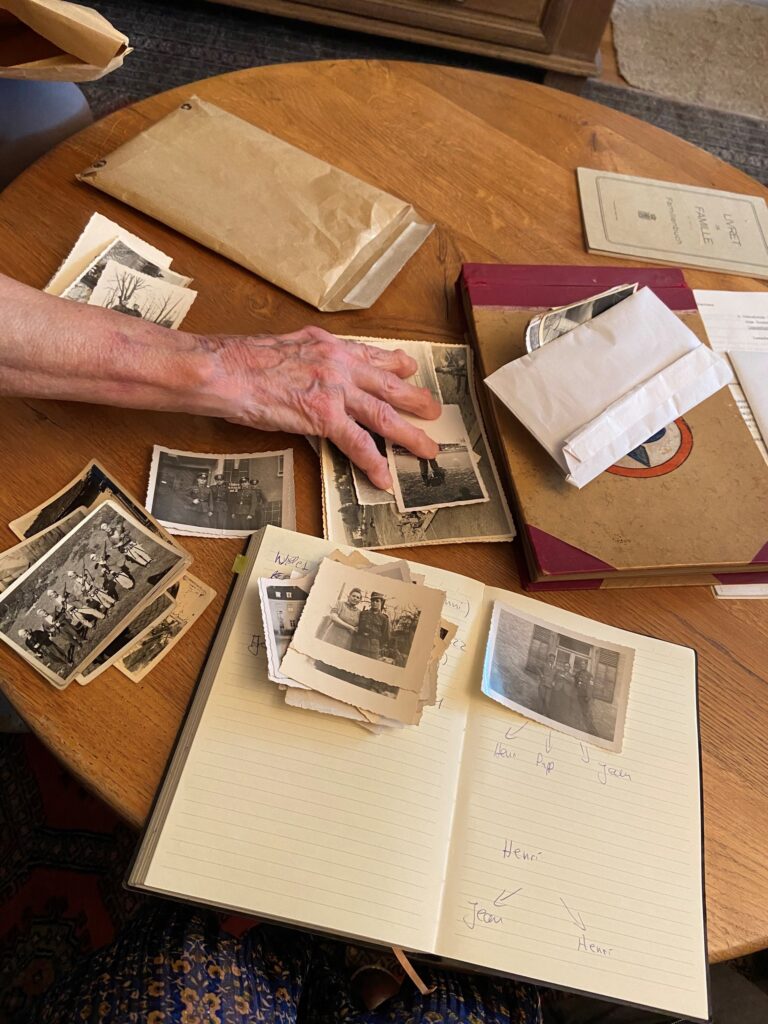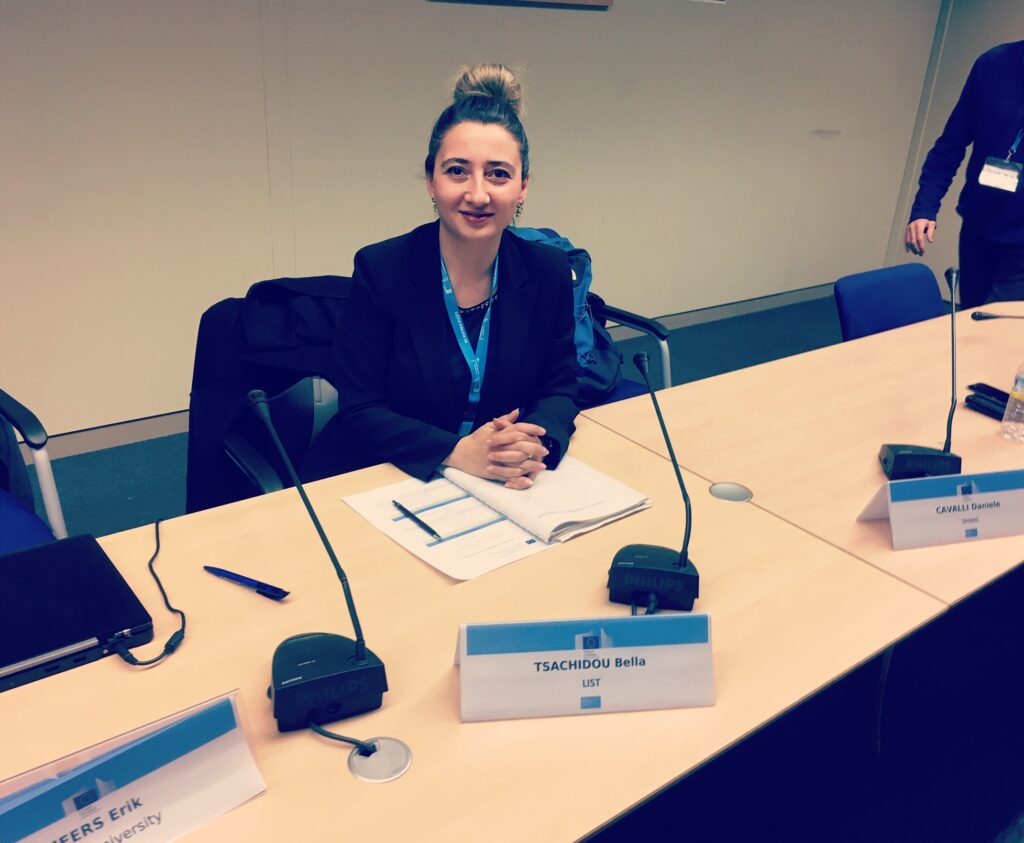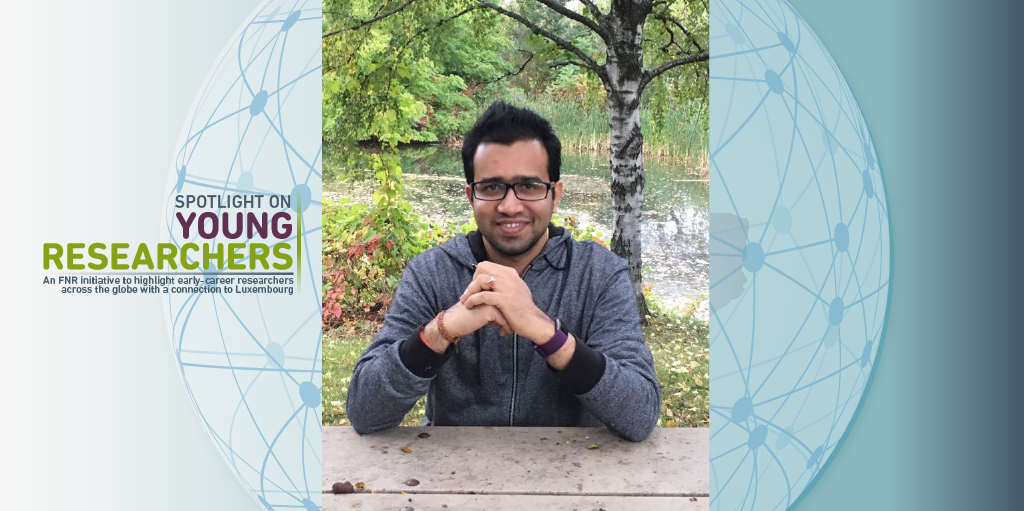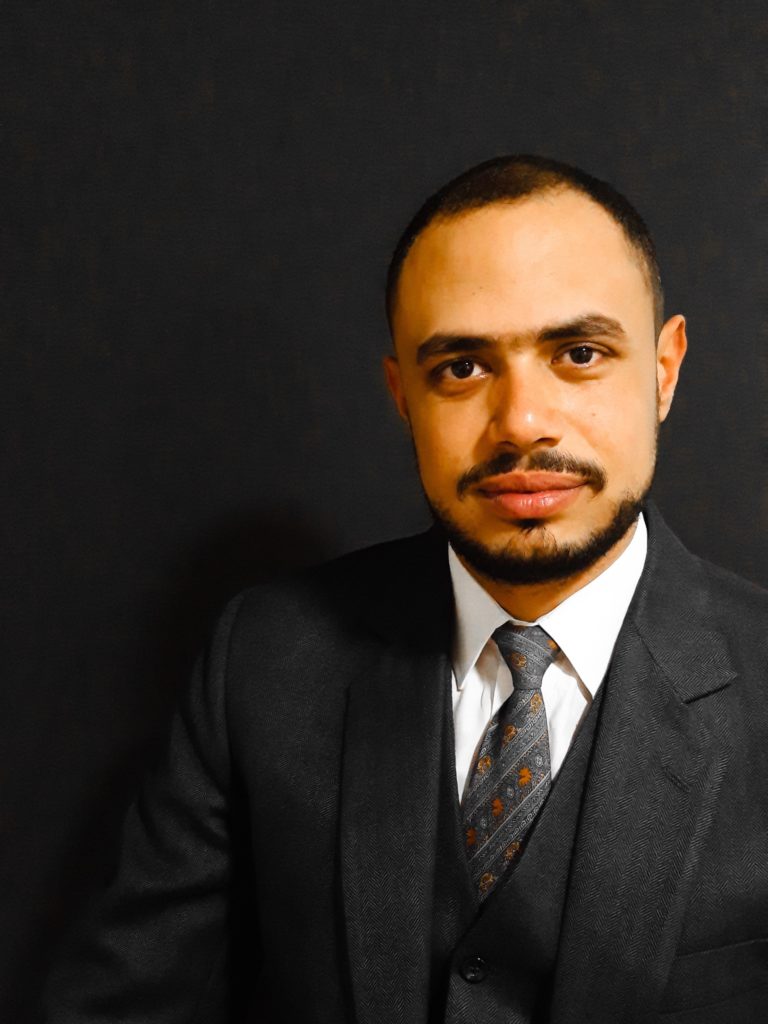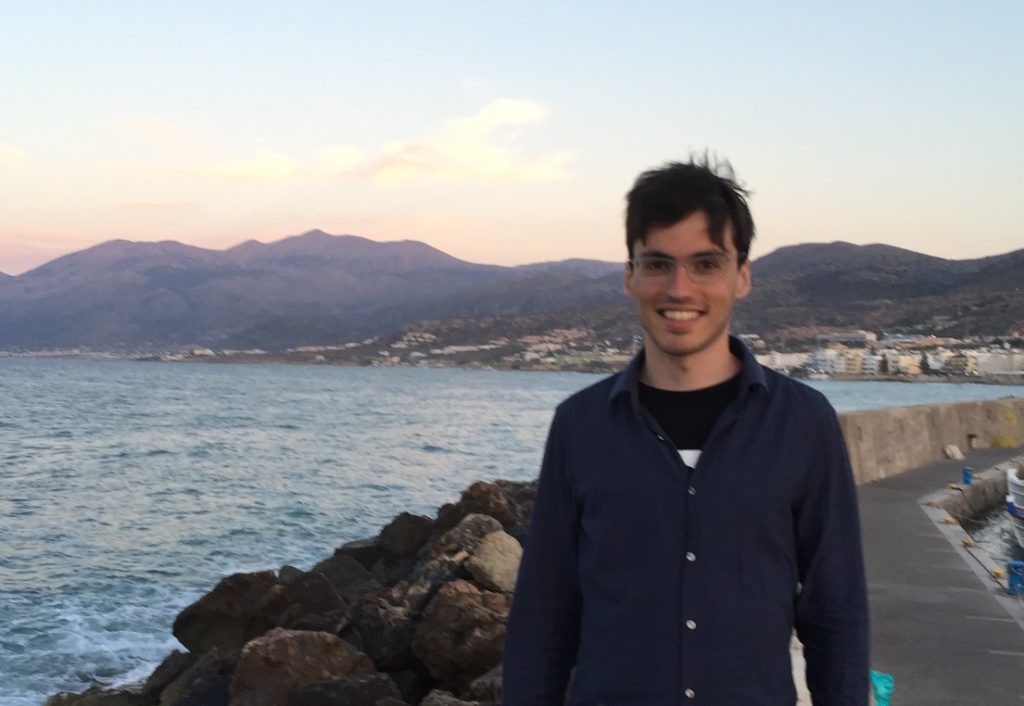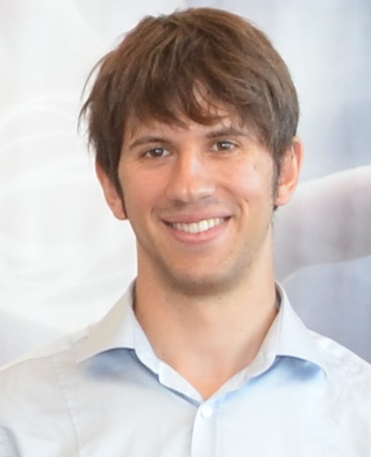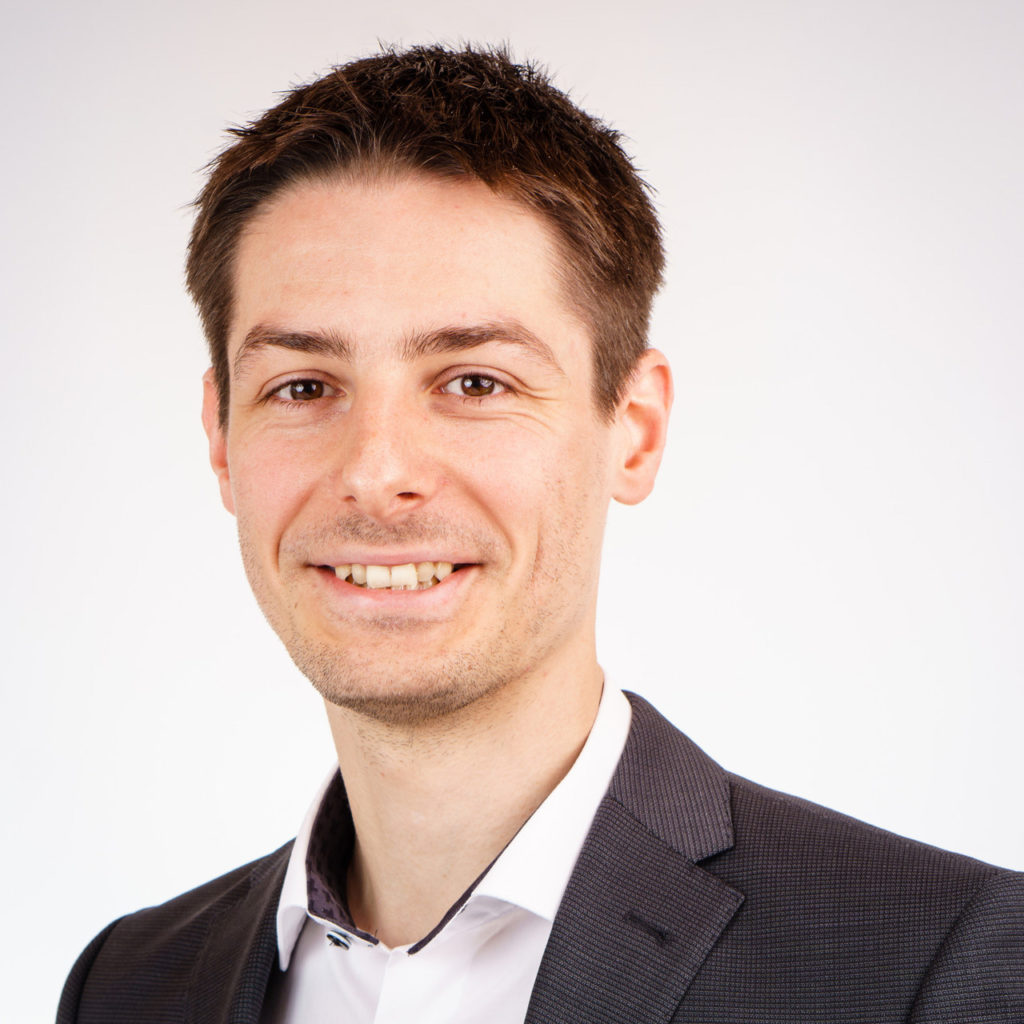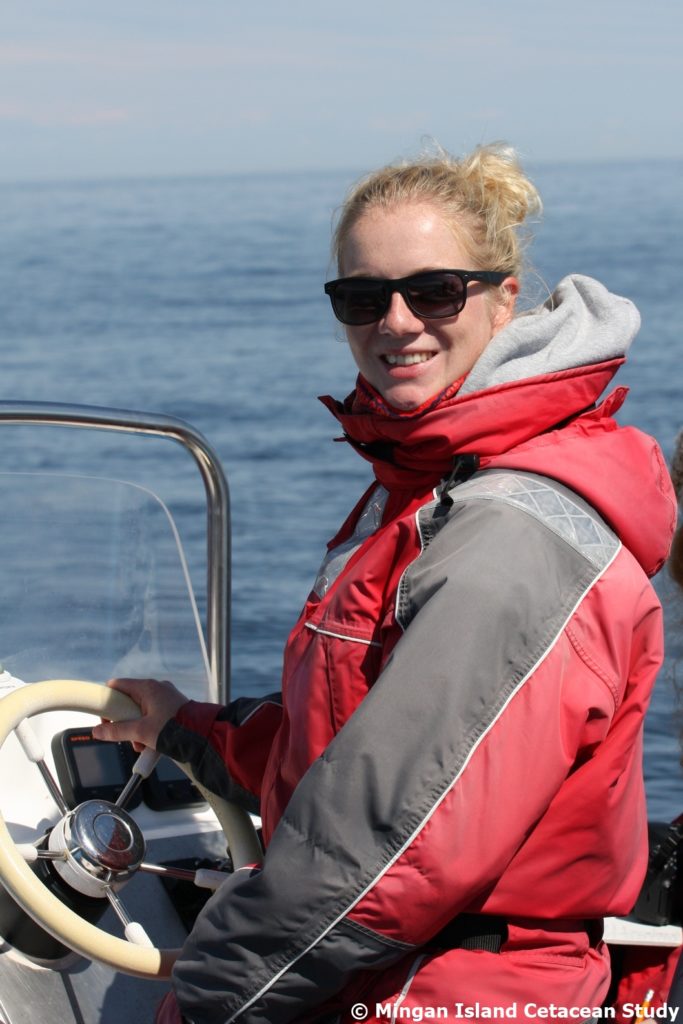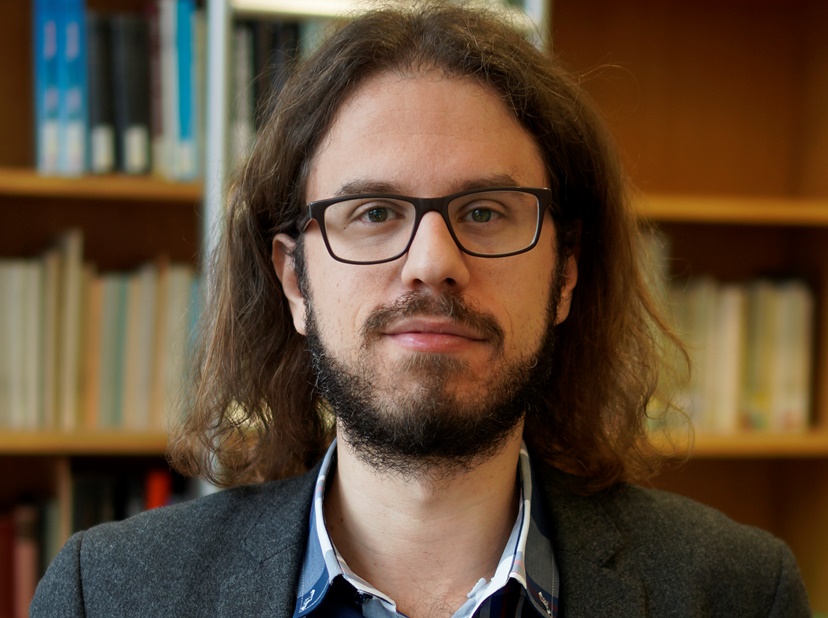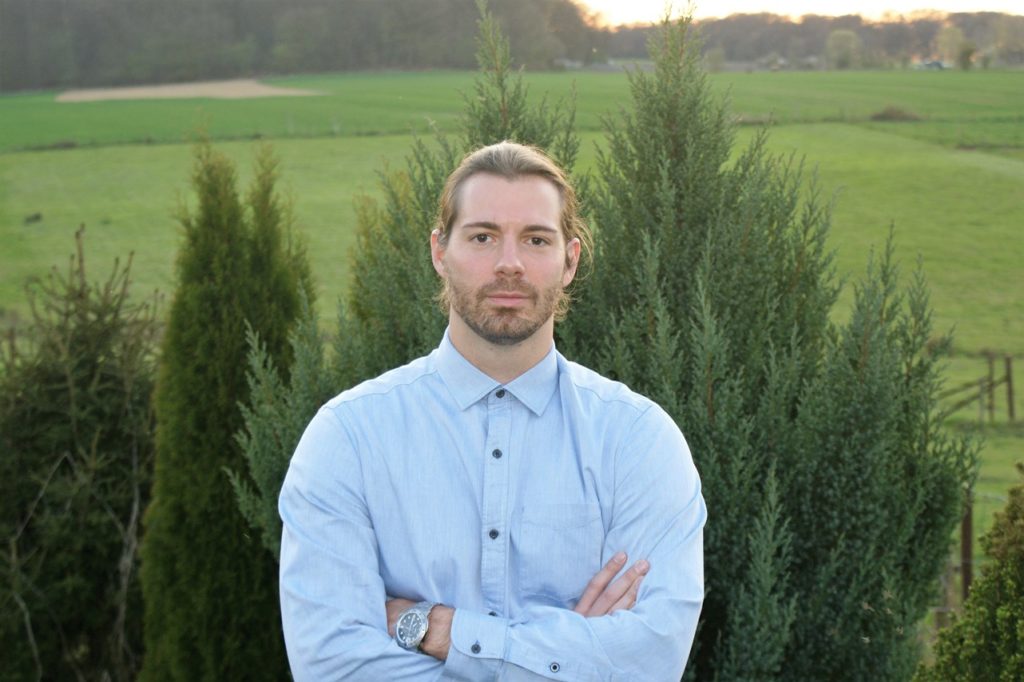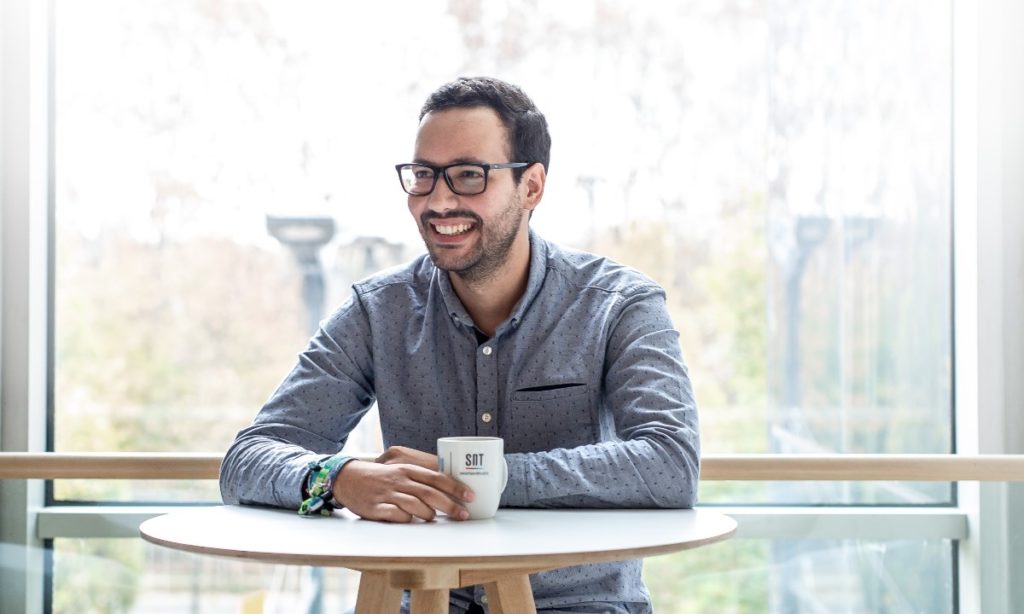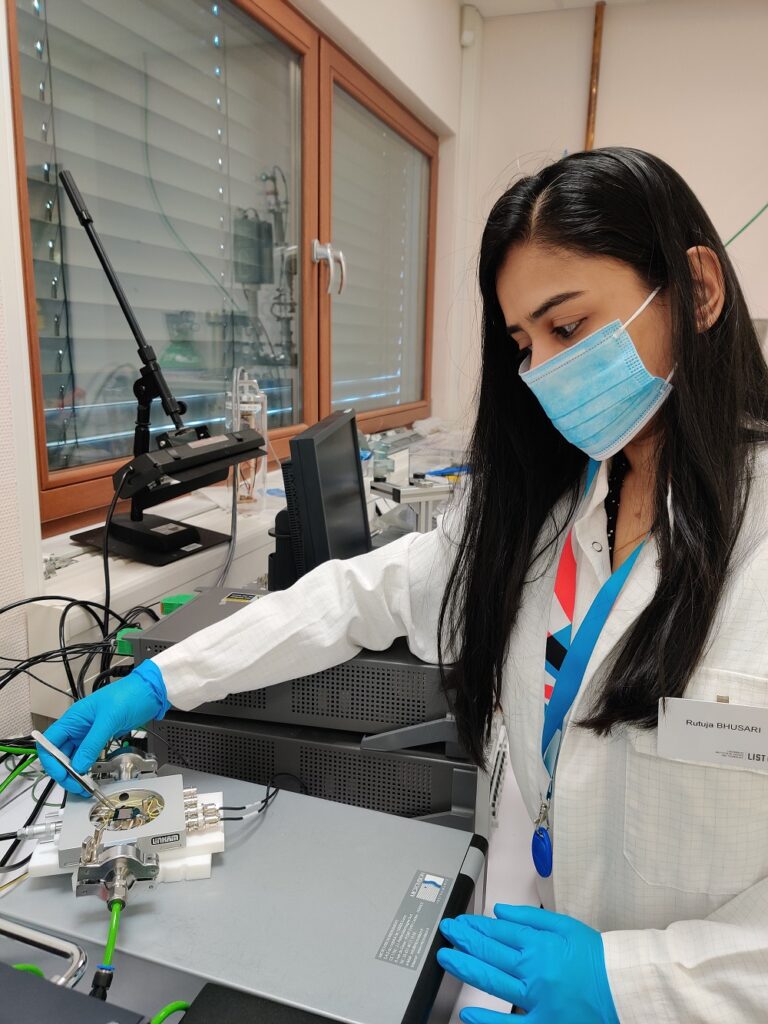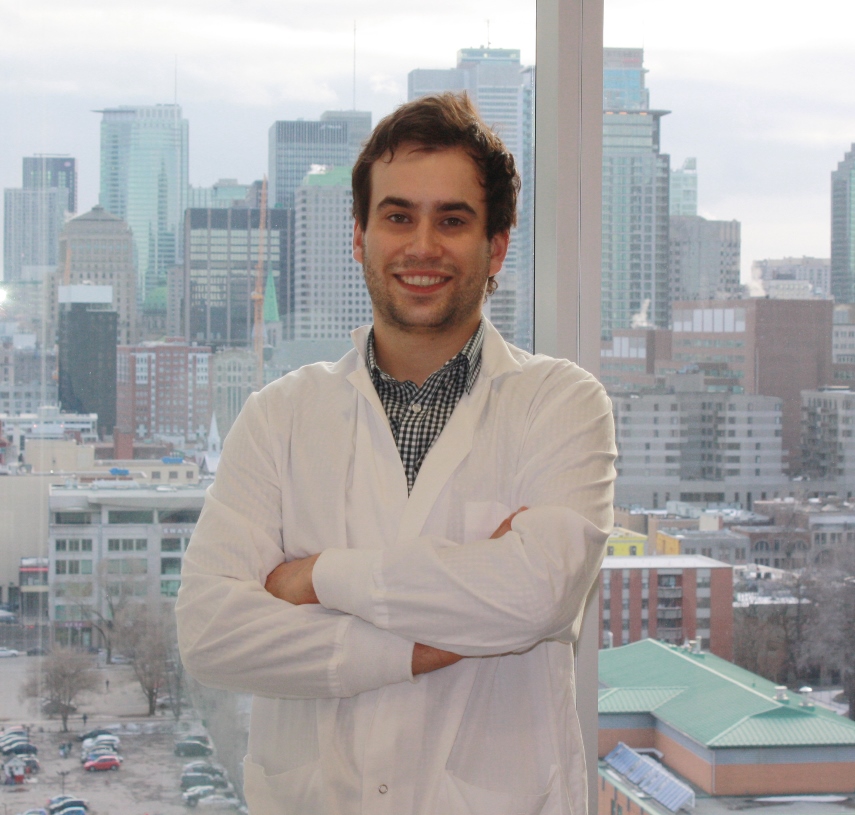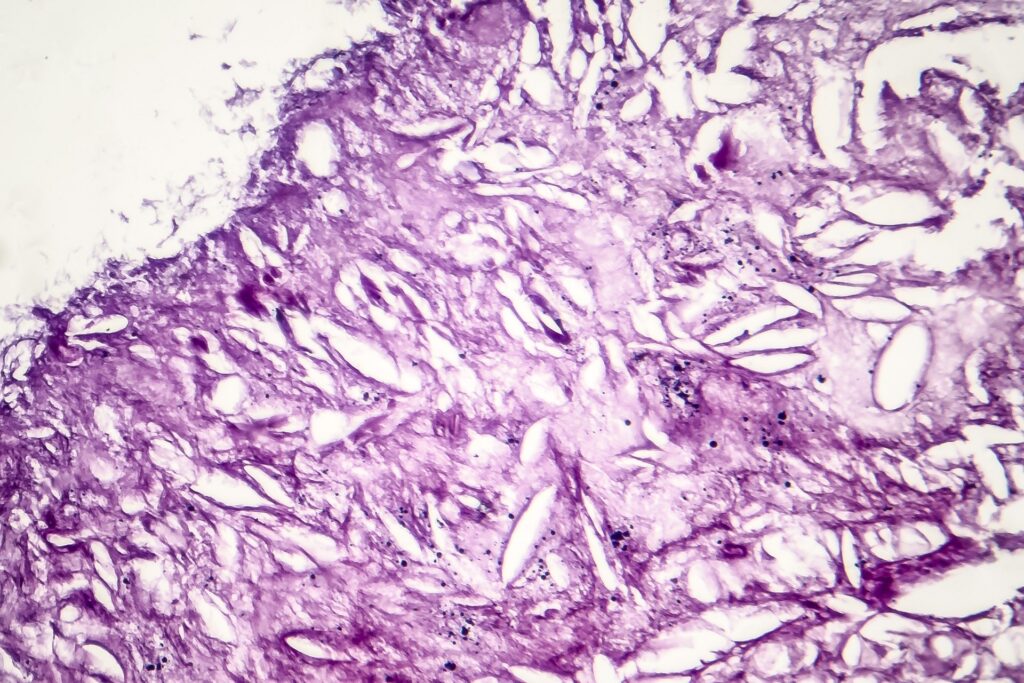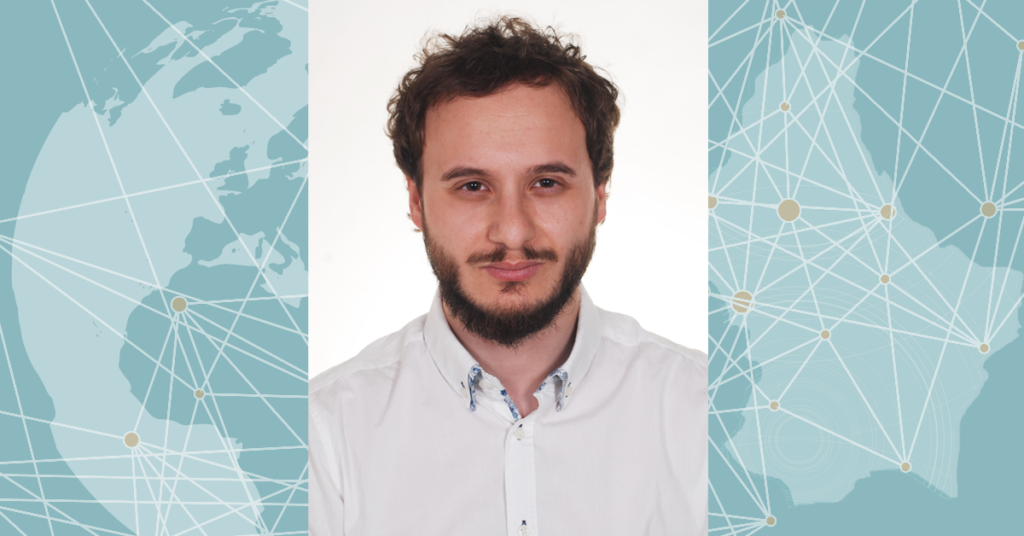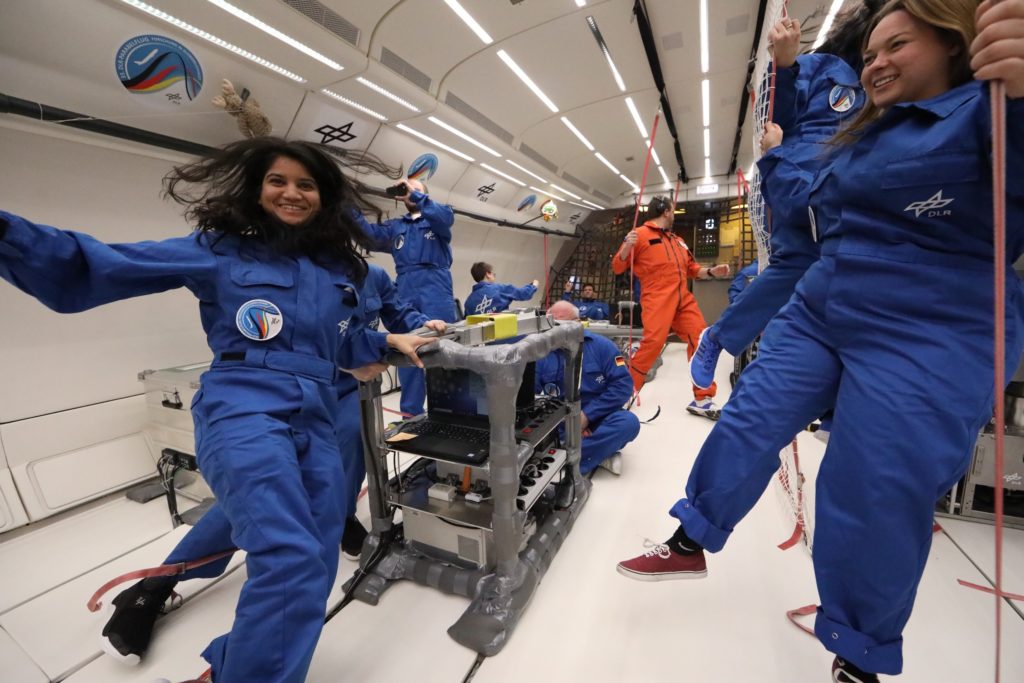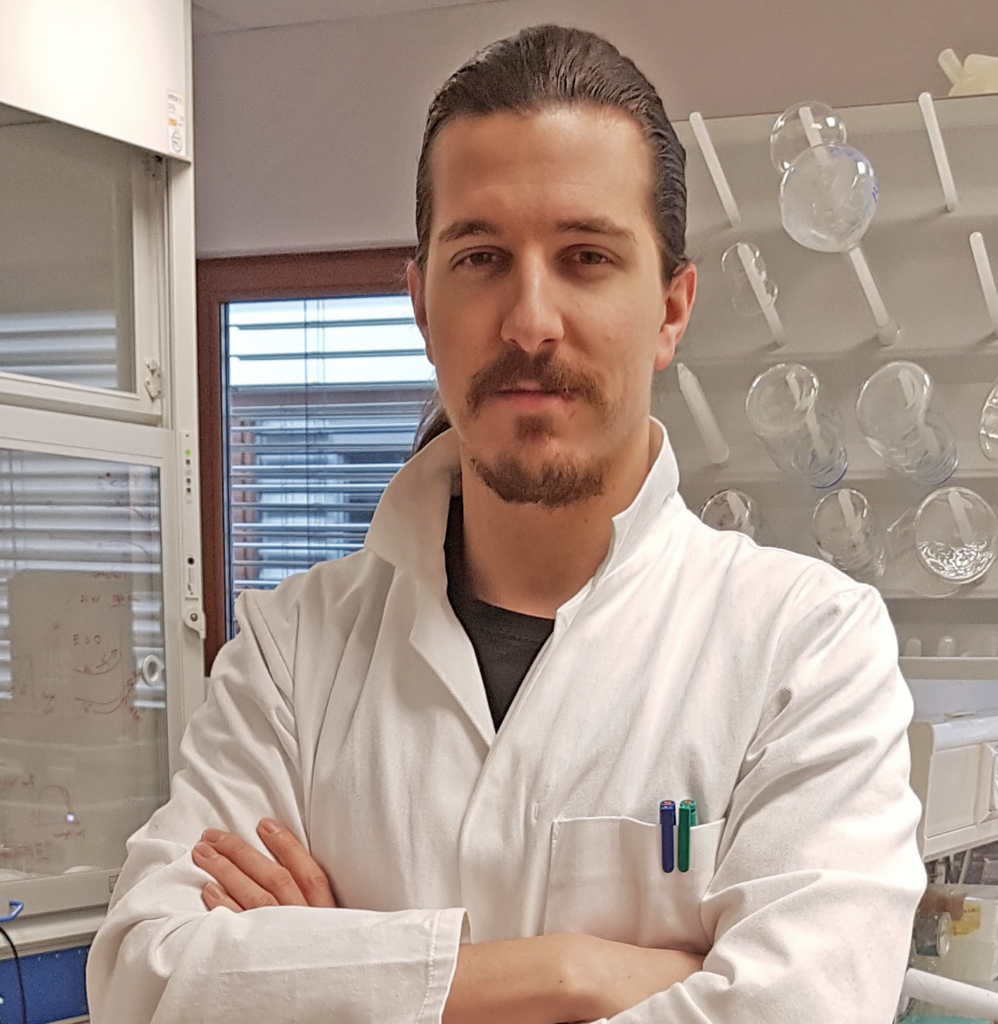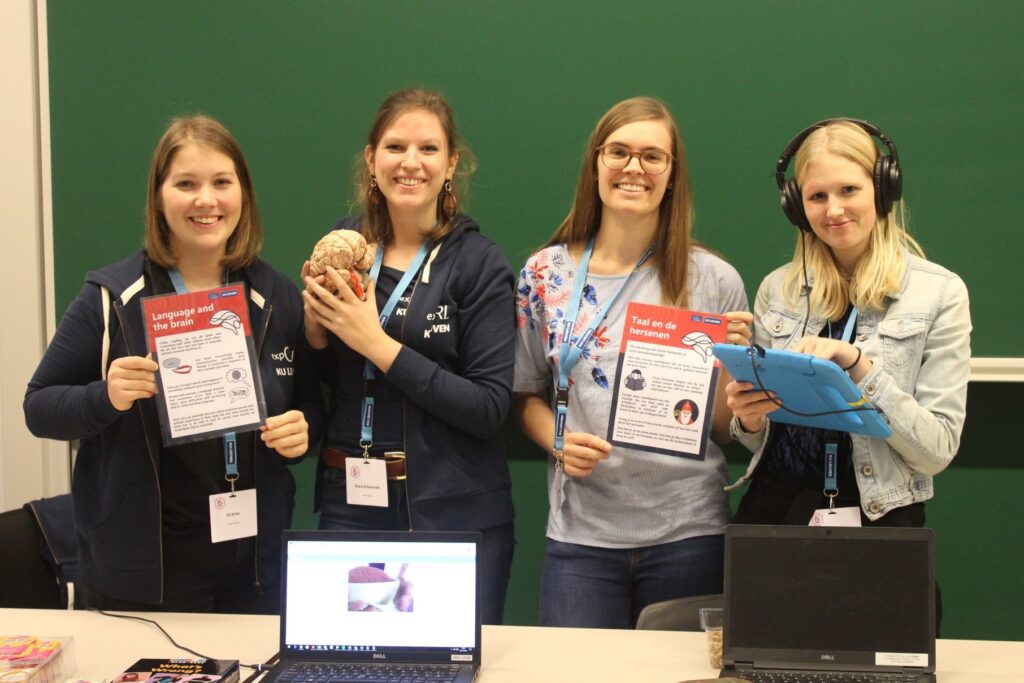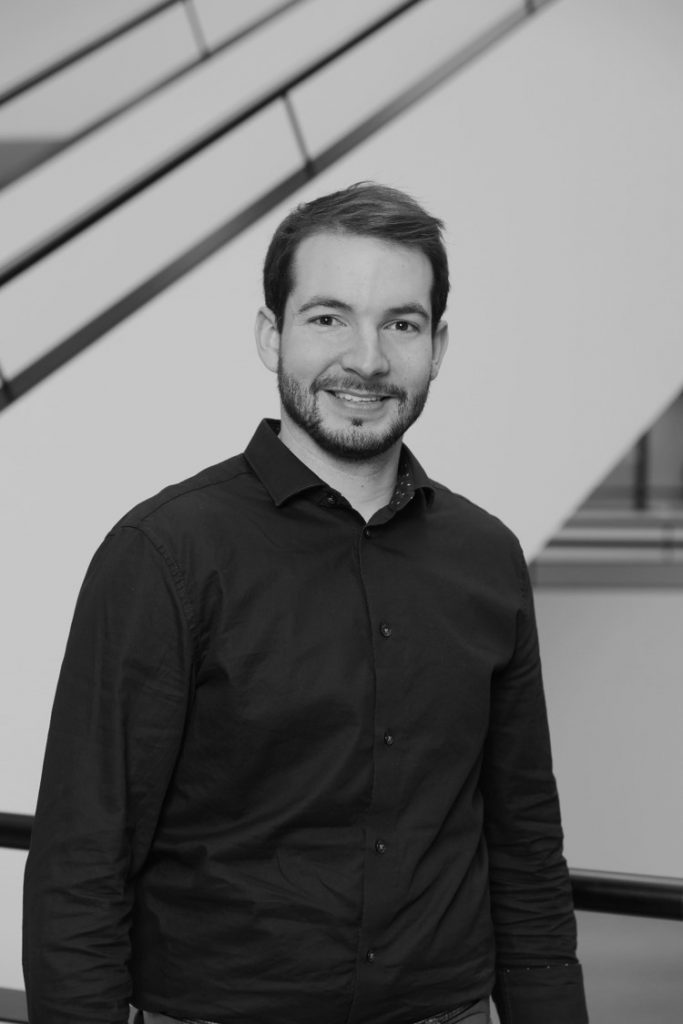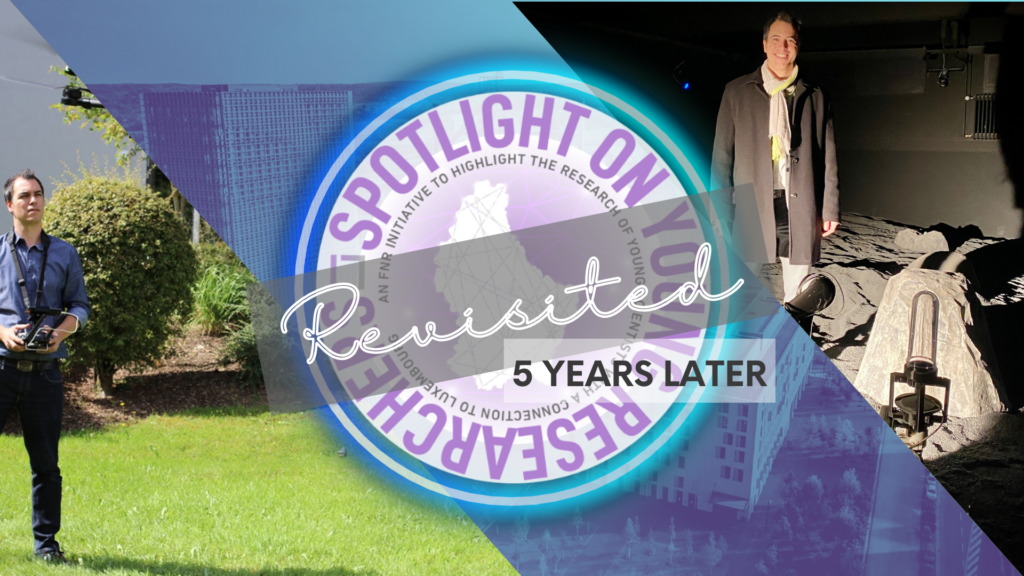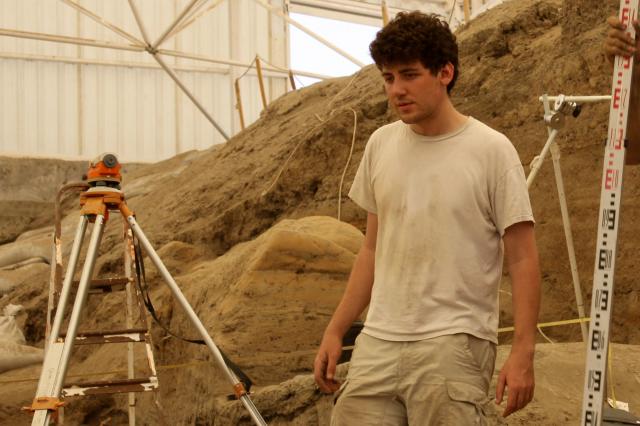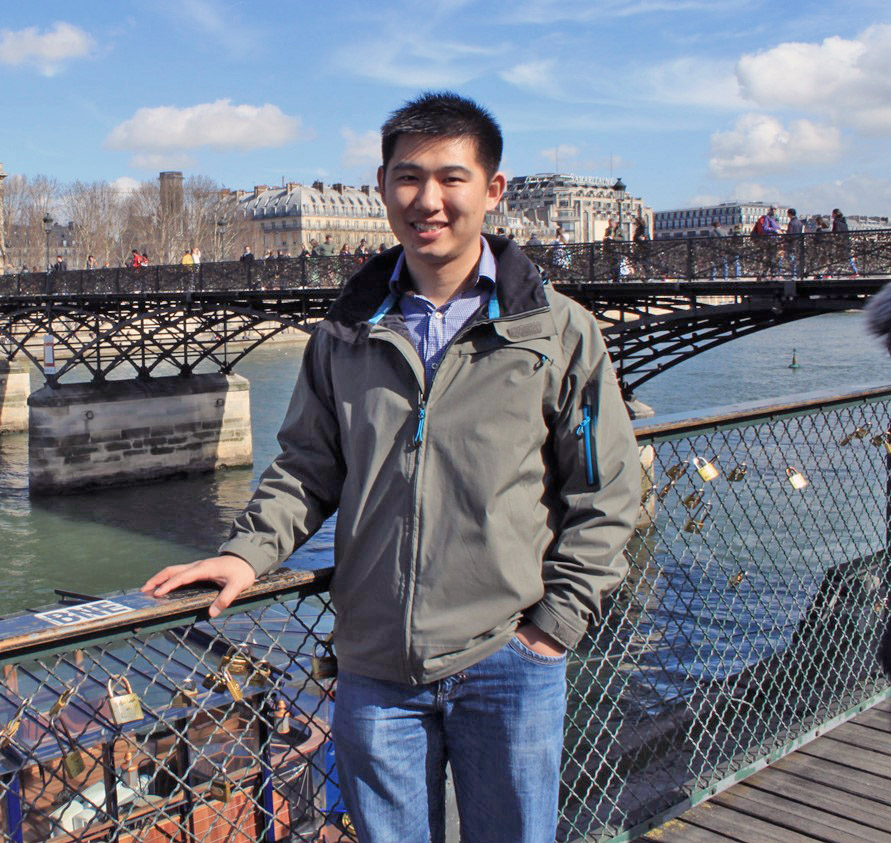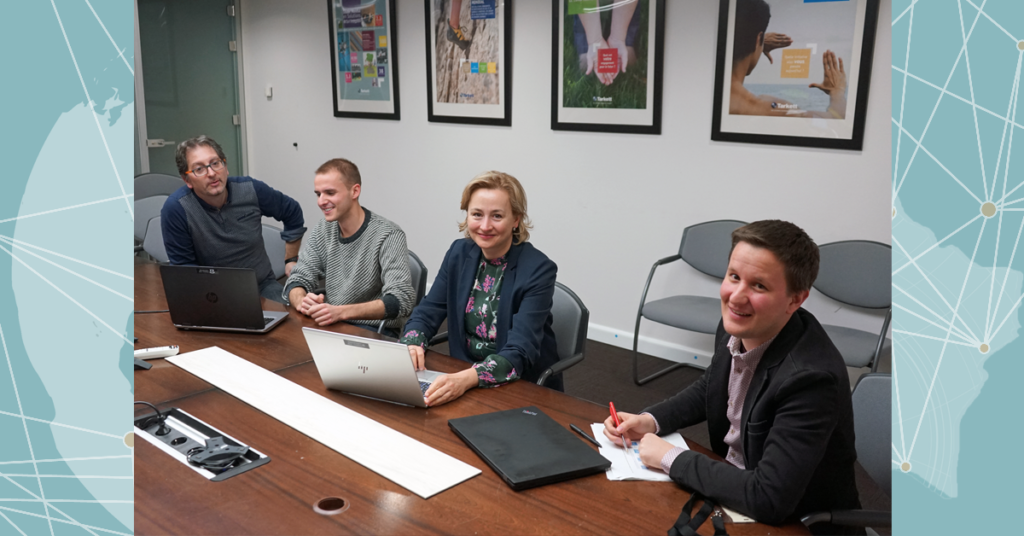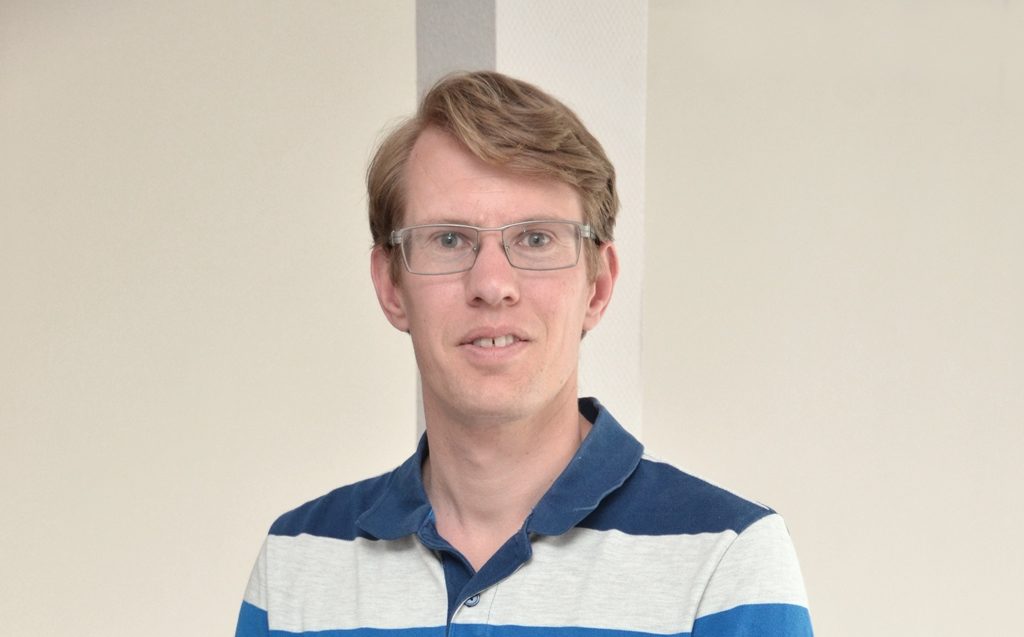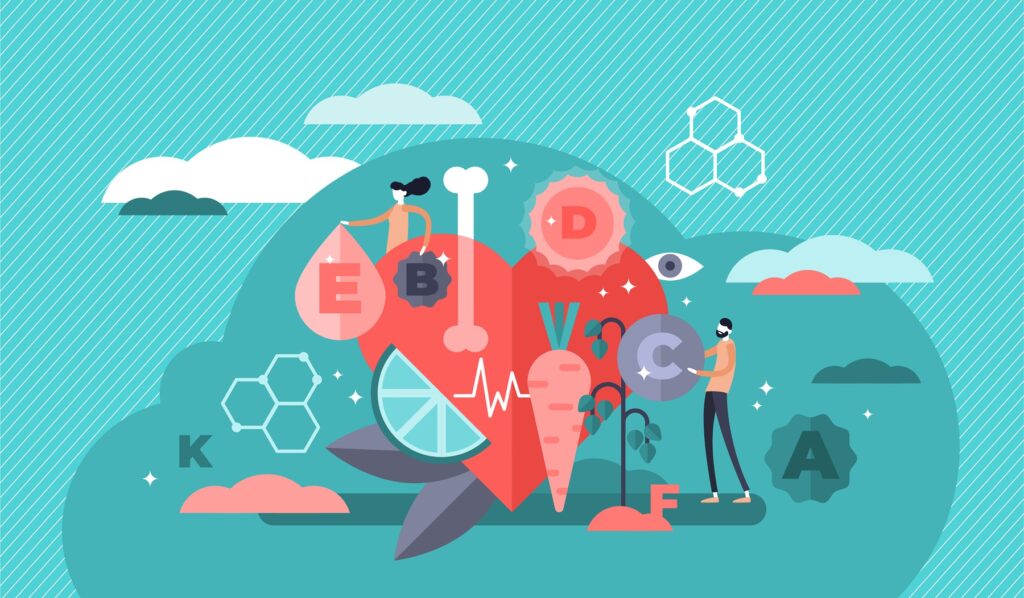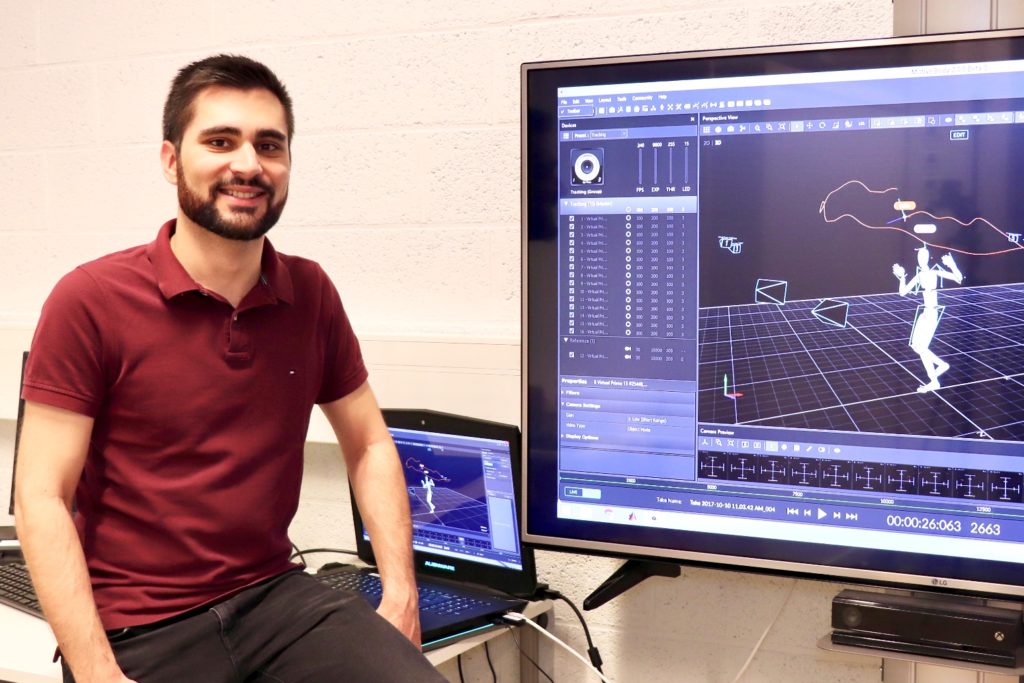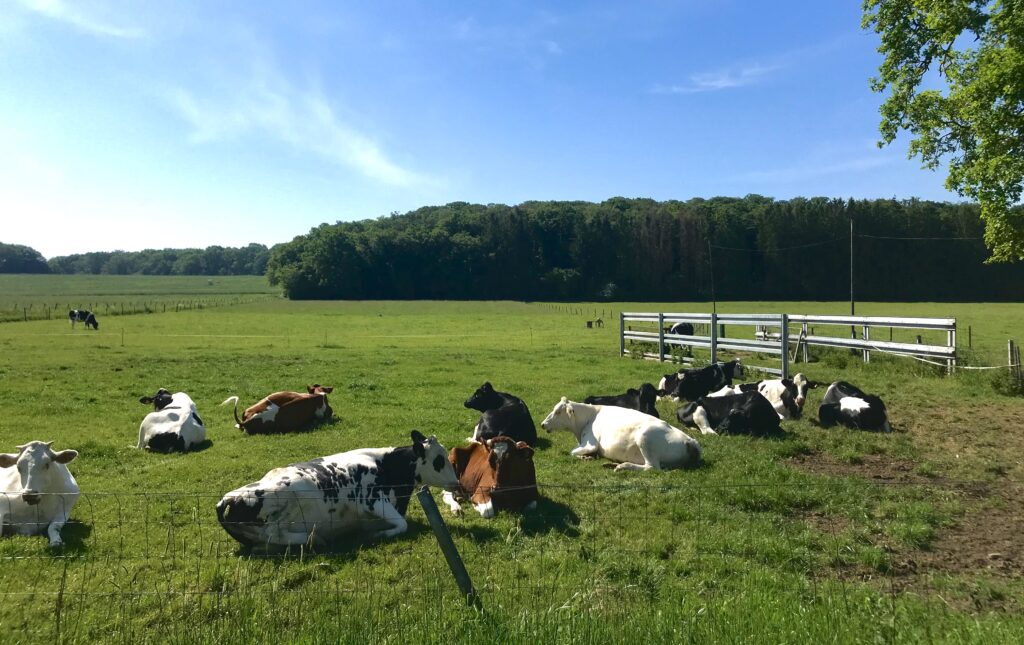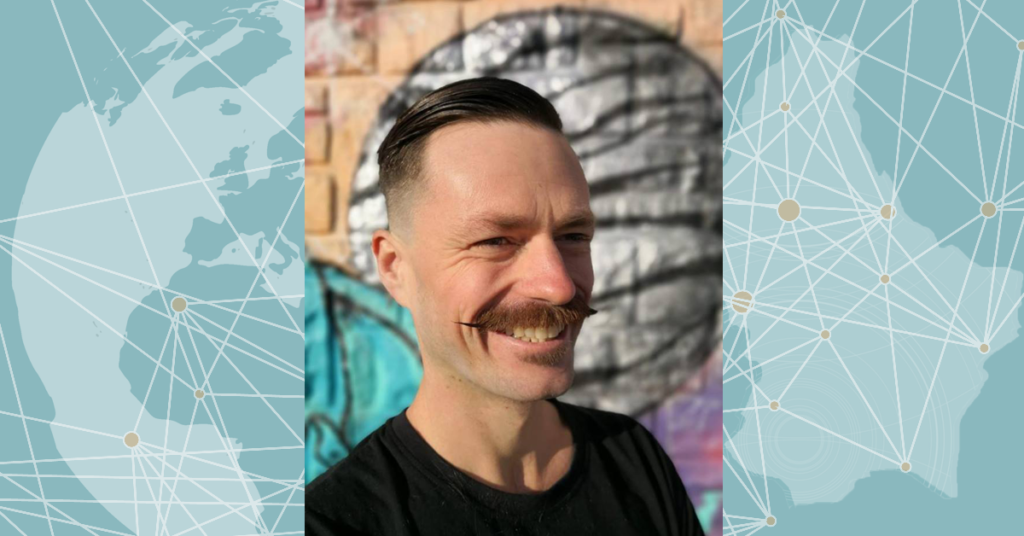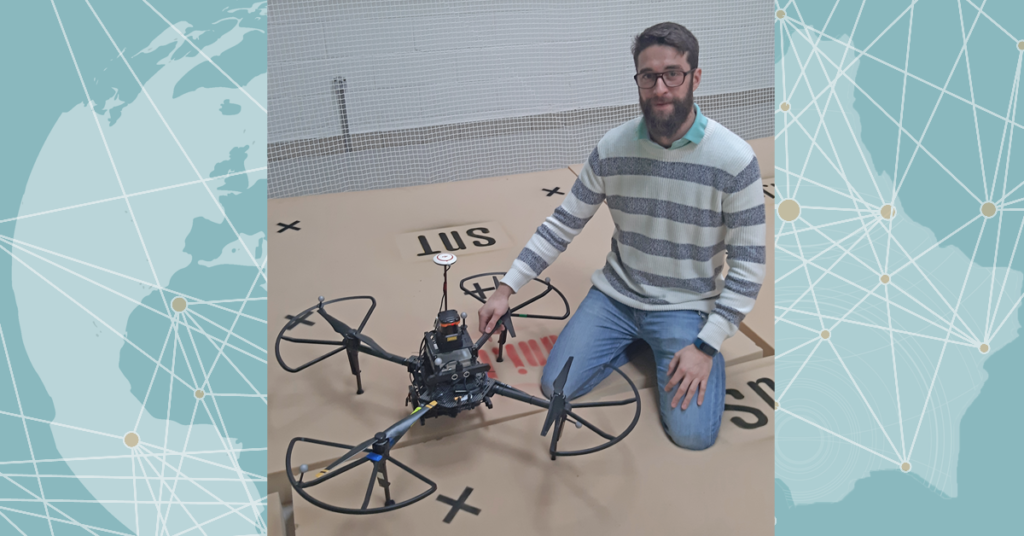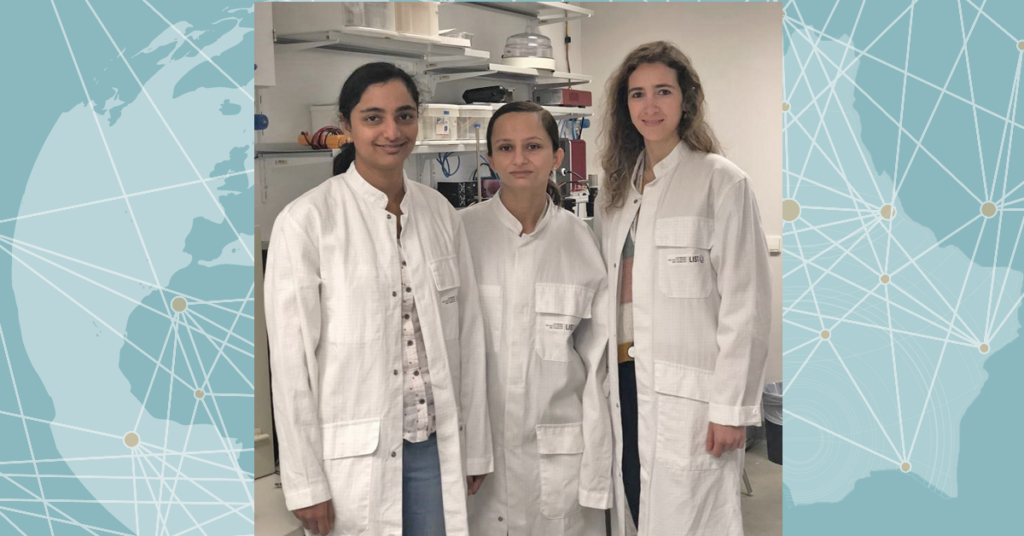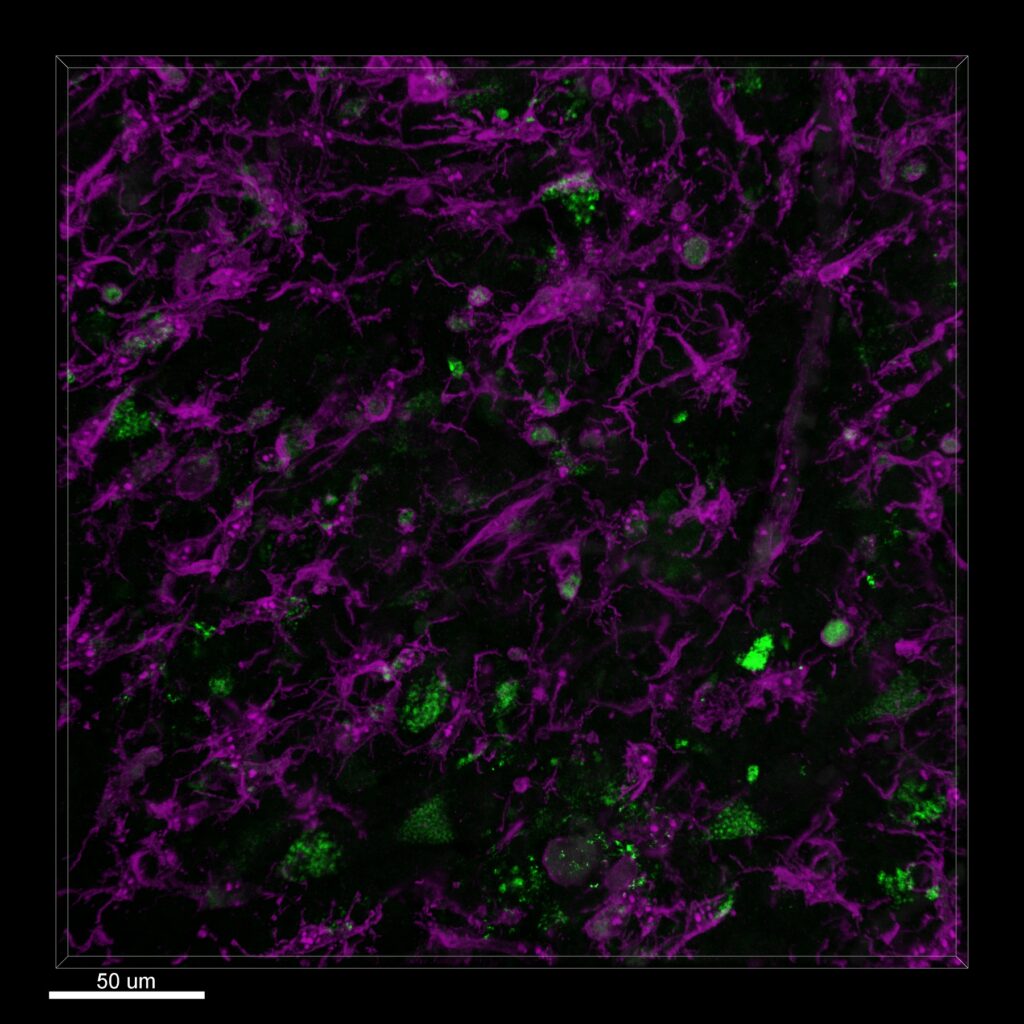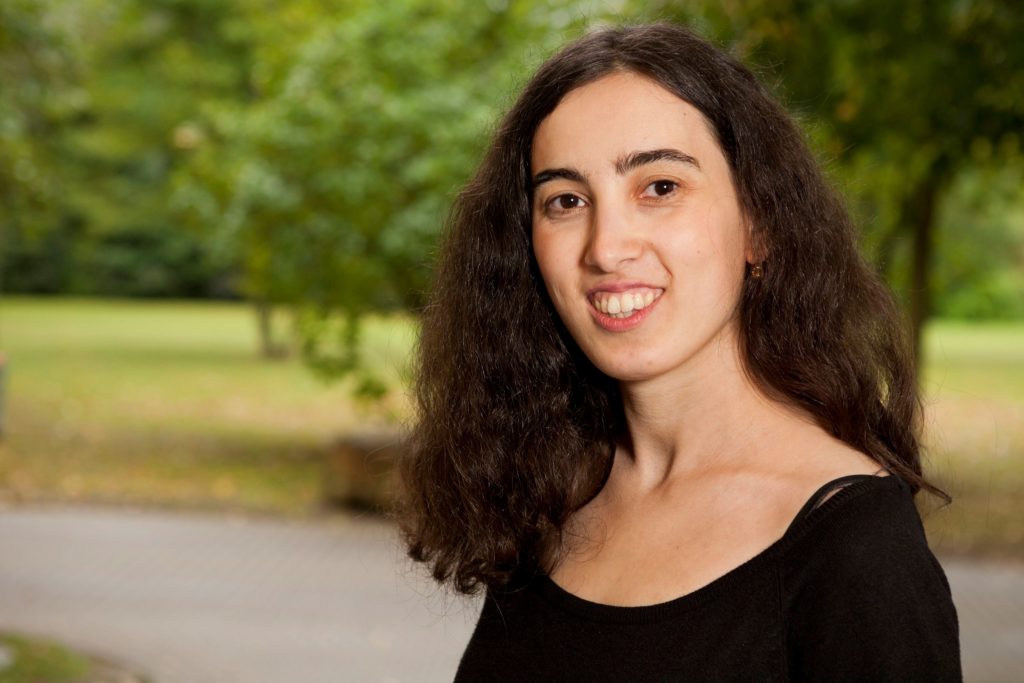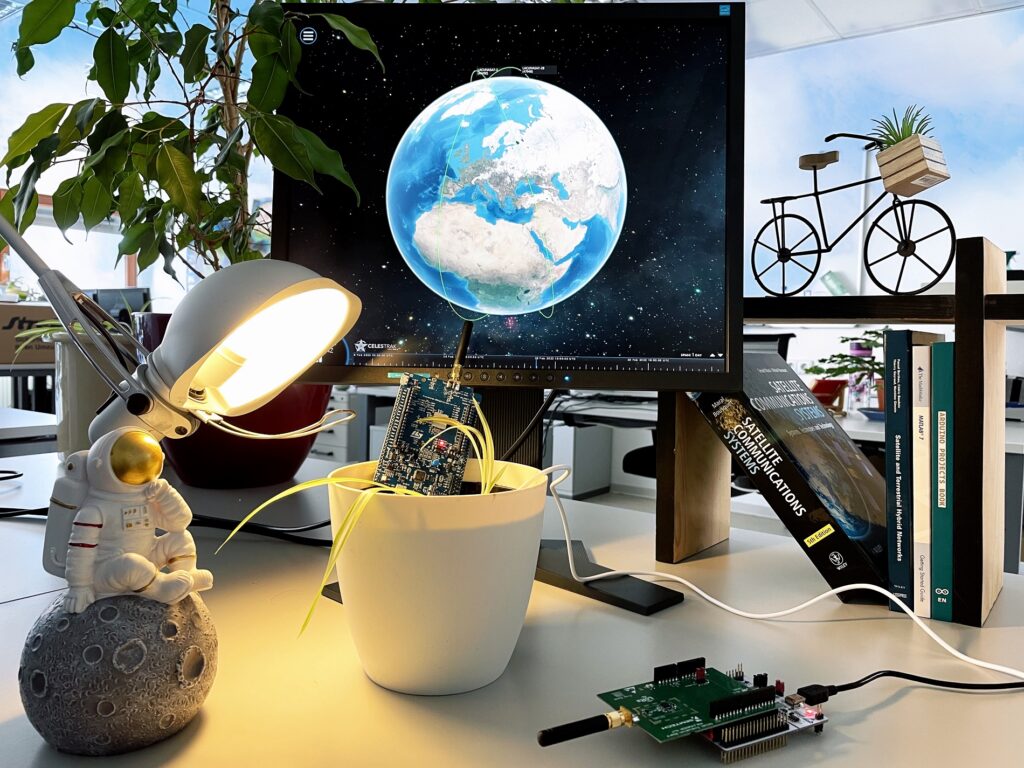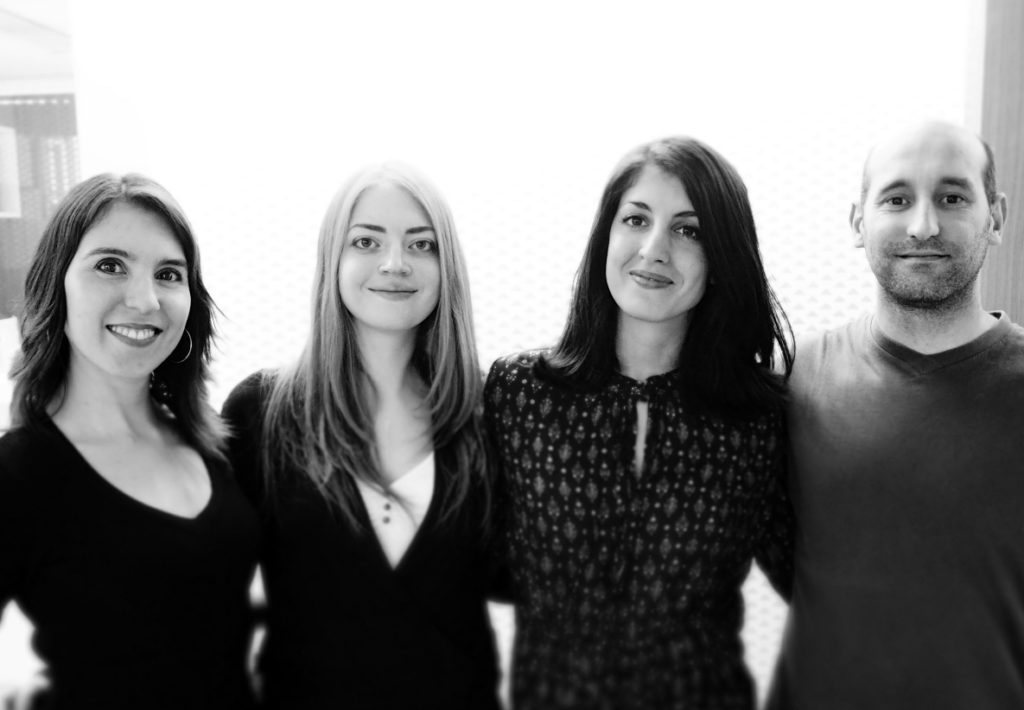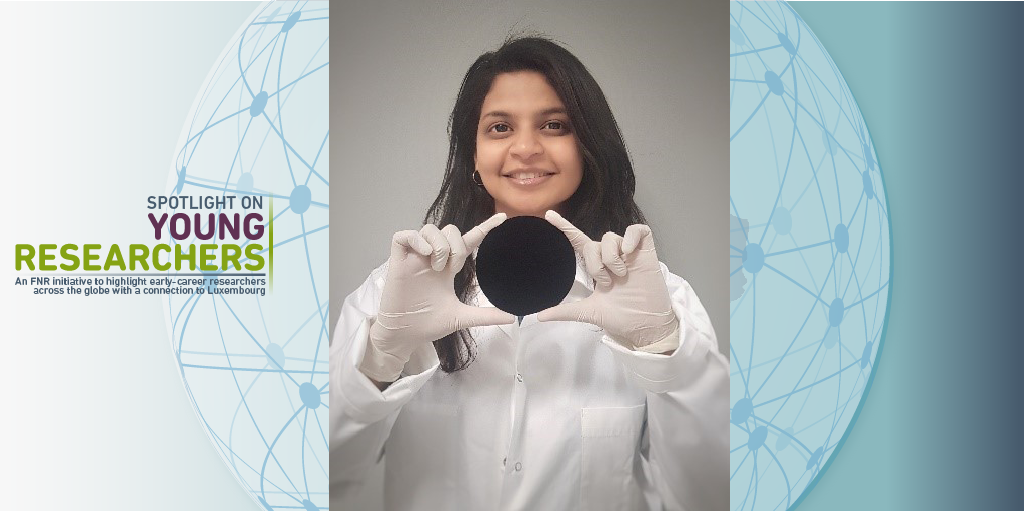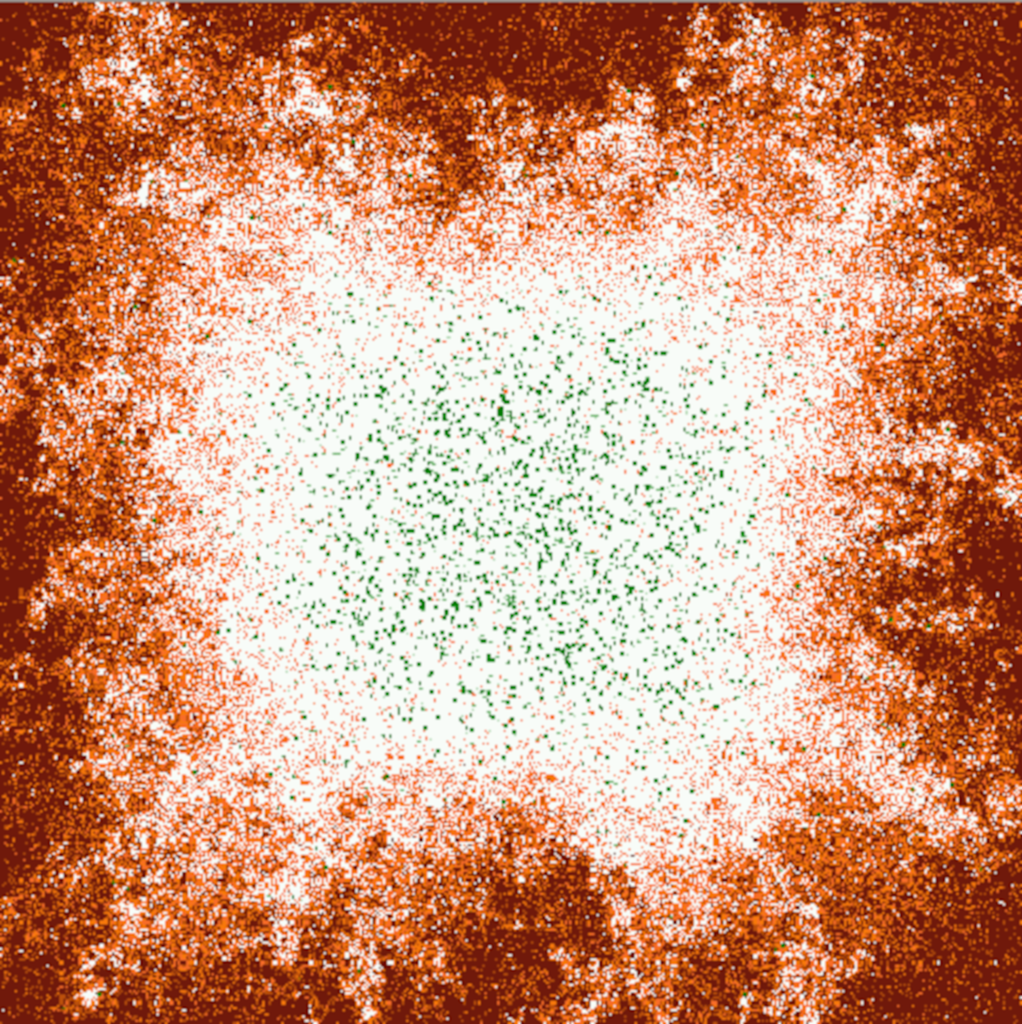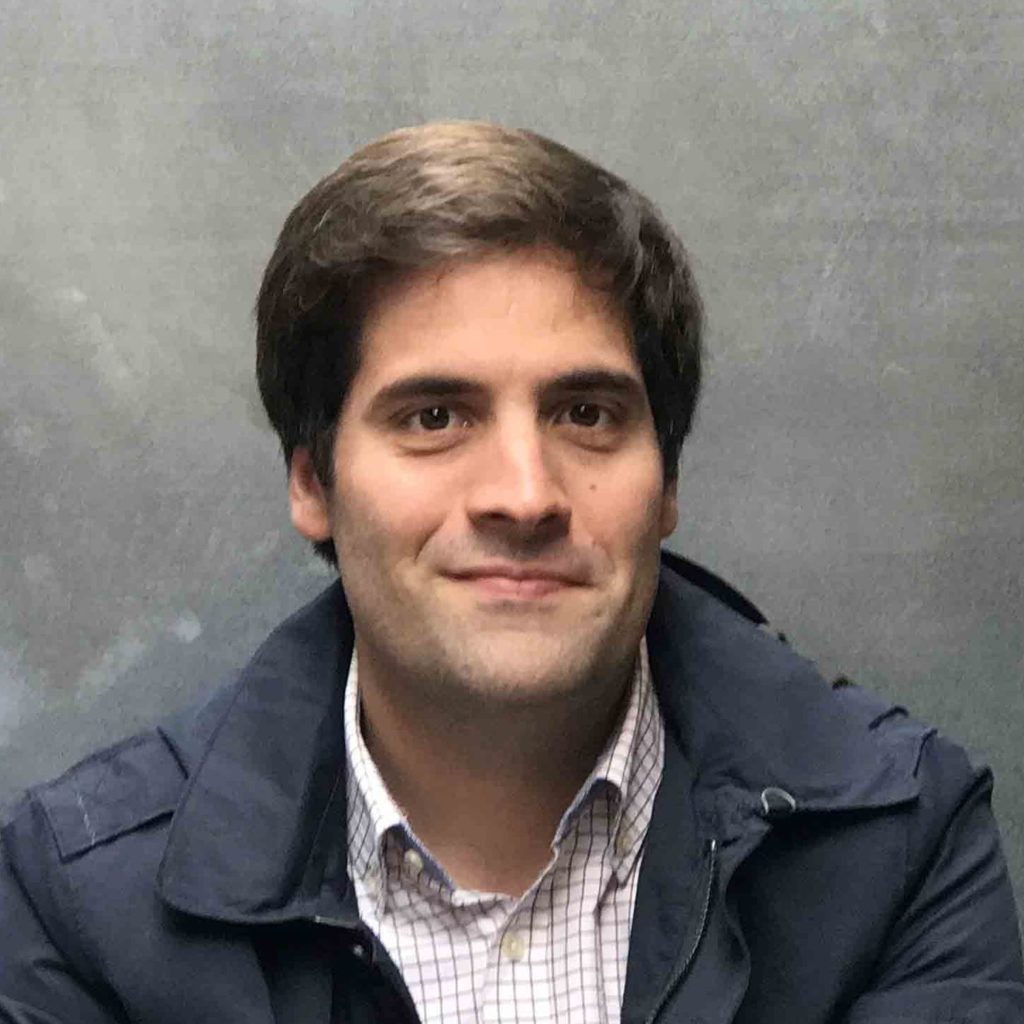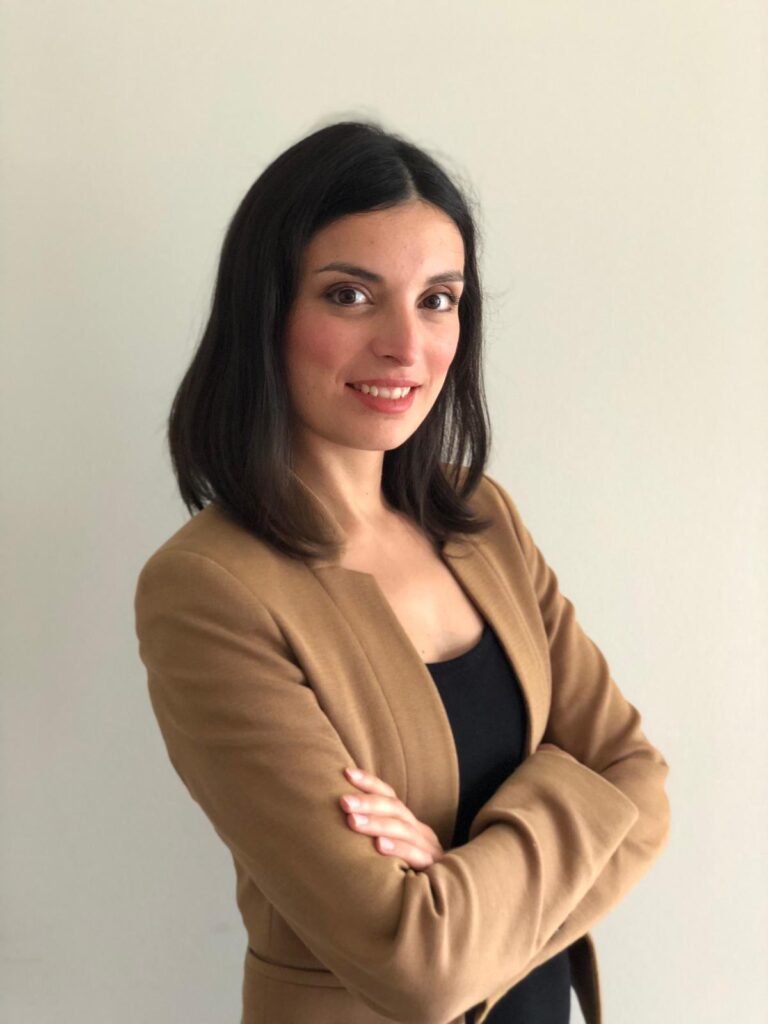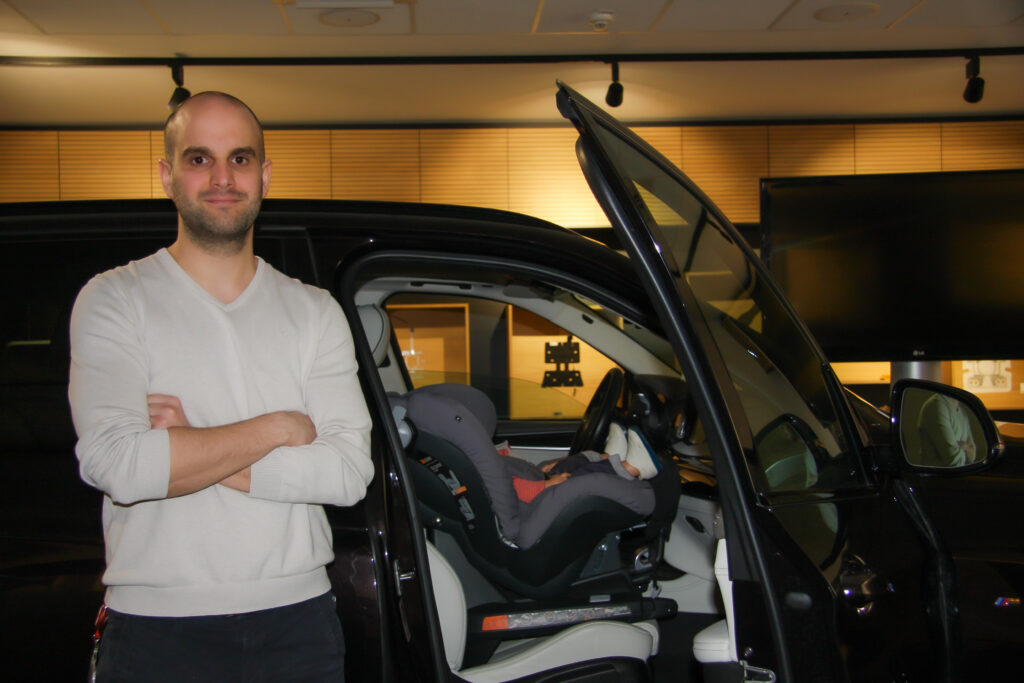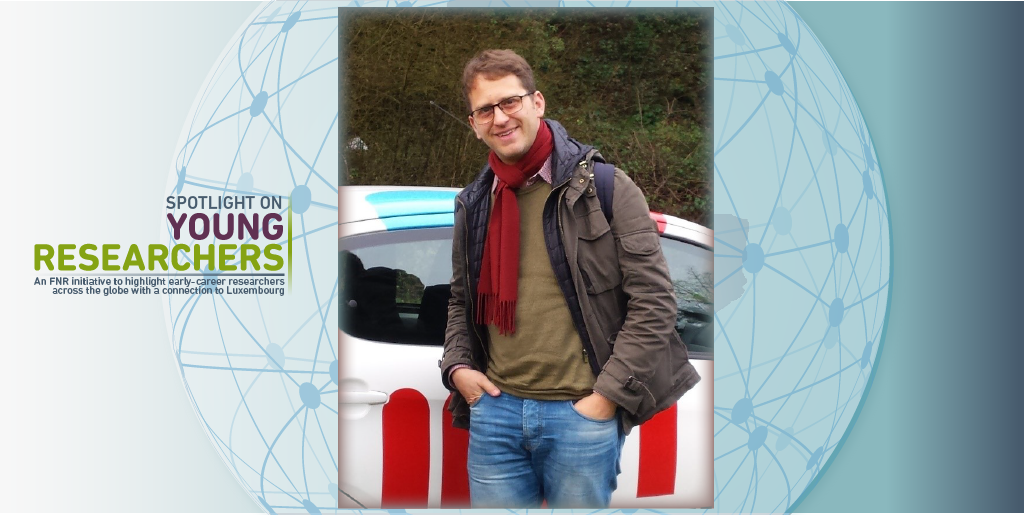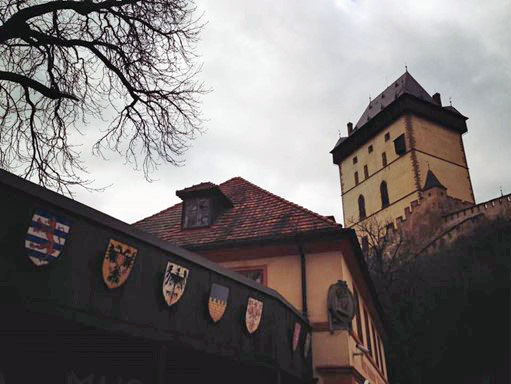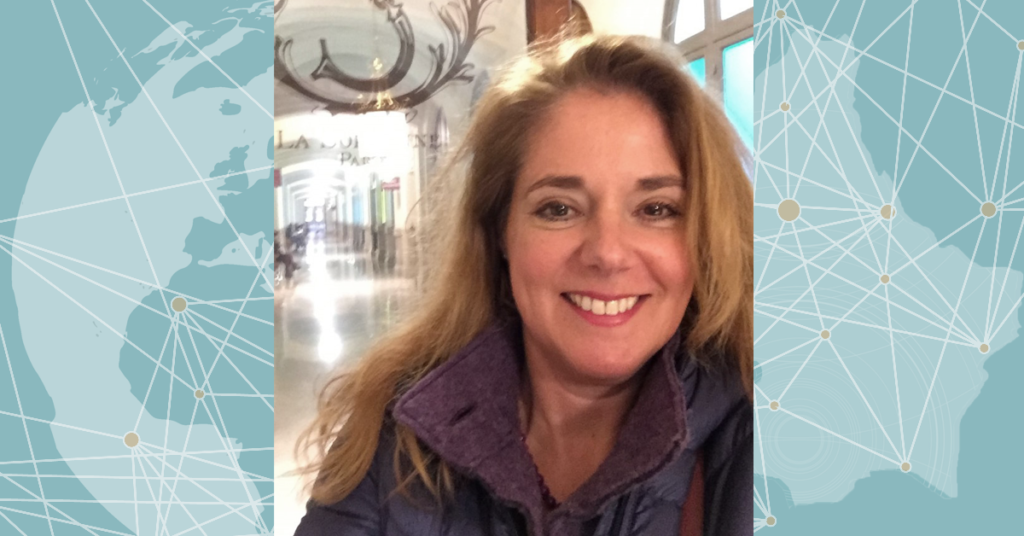
Floods across the world have resulted in tremendous economic damage and loss of lives: better tools to predict flood rise and recession are needed. The biggest question facing researchers like Mohammad Zare is how to accurately simulate and predict this complex phenomenon. As part of an Industrial Fellowship between the University of Luxembourg and company RSS-Hydro, the Postdoc Works on improving the simulation and prediction of flash floods, with the goal to develop a decision-making model for flood protection in Luxembourg.
“Flooding is the number one natural disaster in terms of insured and uninsured losses on an annual basis. The development of reliable methods for flood simulation has greatly improved our ability to predict floods – thereby reducing damages and loss of life in flood-prone regions,” Mohammad Zare explains, continuing:
“However, there is still a lot of room for improvement and innovation to provide better predictions, especially for flash floods, particularly in urban areas.”
Improving prediction of flash floods
As part of his Industrial Fellowship – a collaborative project between the University of Luxembourg and company RSS-Hydro – Postdoc Mohammad Zare wants to improve these predictions. The goal is to improve the simulation and prediction of flash floods, and to develop a spatial decision-making model for implementing flood protection measures.
“The proposed methodology links flood hazard modelling, remote sensing and machine learning methods. Combining these physical models and data driven methods will result in a more reliable hybrid model that can be employed for prediction of (flash) floods and event analysis,” Mohammad explains.
The project[1] will combine different approaches, including adding adding more functionality to a hydrodynamic model code, which will then be complemented with data driven methods. It will also include the development of a spatial decision-making model framework for defining flood protection measures, before the validation of process-based and data driven methods.
The final approach will be to cross-evaluate Light Detection And Radar (LiDAR) topography with available local super-resolution drone data to assess the ability to incorporate local flood defenses into the models.
“The most important outcome of the project will be the creation of valuable flood maps in areas where it matters – while accounting for effects of land use and climate change,” Mohammad explains, adding:
“This will serve scientists as well as land and risk management authorities with better actionable flood risk information in locations where people and assets are located and in danger.
“There will also be innovative methodologies for estimating the changing risk from flash floods based on land use scenarios and climate change projections. Moreover, developing spatial multi-criteria decision making (SMCDM) can help decision makers to determine suitable locations and methods for flood protection measures.
“These methods will be particularly valuable in the context of solving current challenges of accounting for and mitigating flash floods and the effects of climate change.”
“Researchers are well experienced in writing science proposals and getting project funding, which can be a asset to grasp for young companies”
Mohammad started work in Luxembourg in December 2019 and is impressed with the great opportunities for applied science activities in public and private organisations. Having completed his PhD[2] at the University of Kassel, faculty of Civil and Environmental Engineering, Germany in 2017, Mohammad has worked in both academia and private R&D over the past years:
“Although working in a R&D company is not significantly different from academia, the work is typically done at a much quicker pace and is often driven by business development goals. Moreover, teamwork is much more tangible at the industry workplace. Last but not least, the rewards of private sector industry can be greater and more diverse.
“Researchers are well experienced in writing science proposals and getting project funding, which can be a asset to grasp for young companies to help attract and engage with potential customers (e.g. insurers) by underpin the key features of the offered products and services using the latest in science and technology.”
[1] This interdisciplinary project will be carried out in Luxembourg, at RSS-Hydro’s Research and Education Department (RED) in collaboration with the University of Luxembourg, Research Unit in Engineering Sciences (RUES). To promote the scientific aspects of the SIPFLU, there will be continuous collaborations between the research team and (inter)national collaborating institutions including the Luxembourg Institute of Science and Technology (LIST) and the University of Bristol. From a practical application point of view, there will be continuous interactions between the SIPFLU team and Luxembourg’s Water Management Administration (AGE).
[2] Mohammad’s thesis focused on the application of data driven approaches – which integrates machine learning algorithms with evolutionary optimization algorithms – in water resources management.
“My role model is entrepreneur Bette Nesmith Graham. She was a mom who worked as a typist. In 1956, she invented the first correction fluid (nowadays known as Liquid Paper) out of her kitchen. Originally called “Mistake Out”, she provided it to coworkers. She founded the homonymous company in 1958, still producing out of her kitchen and garage. She was later fired from her typist job and she dedicated herself to her company. By 1968, it was profitable and in 1979 the company was sold to the Gillette Corporation for $47.5 million.
“I find Ms. Graham inspiring because her idea took over a decade to become profitable and more than two decades to be sold for millions, yet she never stopped. Nowadays, it is easy to be dissuaded given the great number of fast success stories. I believe that Ms. Graham is a role model on perseverance and ambition. She truly demonstrates the resilience of women in business.”
About Spotlight on Young Researchers
Spotlight on Young Researchers is an FNR initiative to highlight early career researchers across the world who have a connection to Luxembourg. The campaign is now in its 5th year, with 60+ researchers already featured. Discover more young researcher stories below.
More in the series SPOTLIGHT ON YOUNG RESEARCHERS
- All
- Cancer research
- Environmental & Earth Sciences
- Humanities & Social Sciences
- Information & Communication Technologies
- Law, Economics & Finance
- Life Sciences, Biology & Medicine
- Materials, Physics & Engineering
- Mathematics
- Research meets industry
- Spotlight on Young Researchers
- Sustainable resource mgmt
- Women in science


